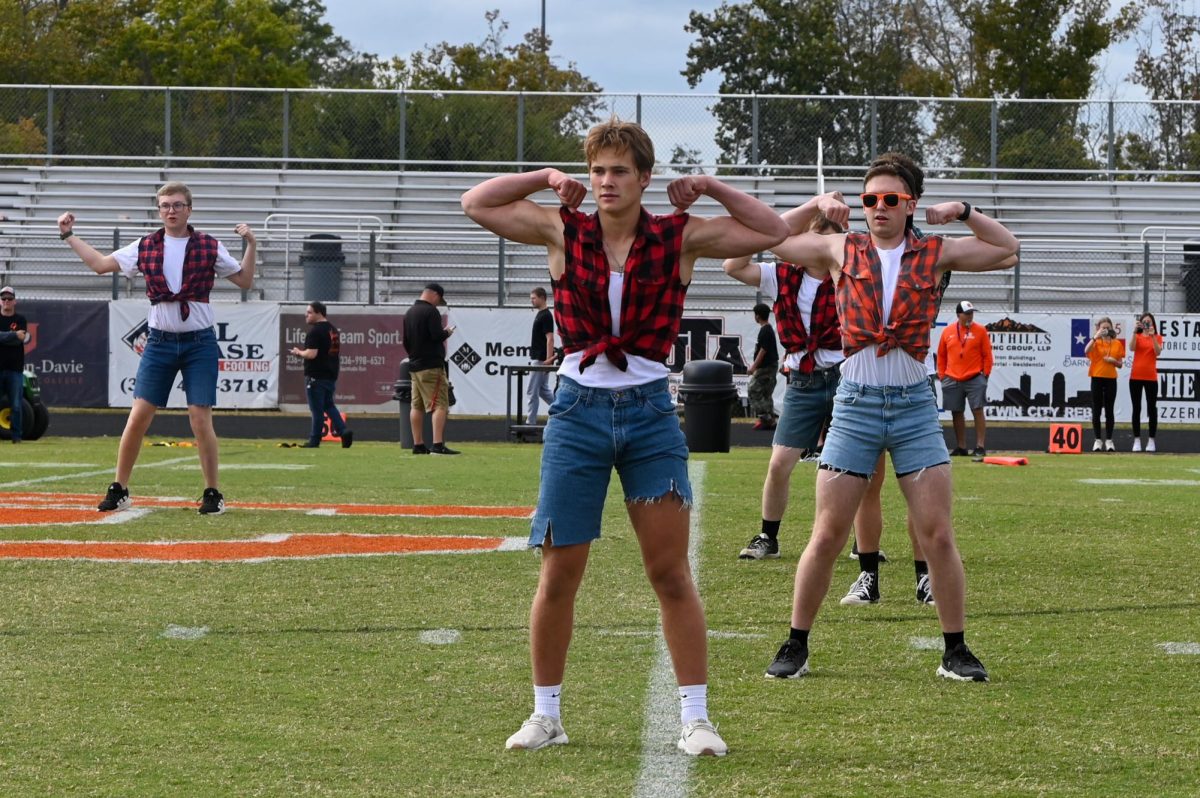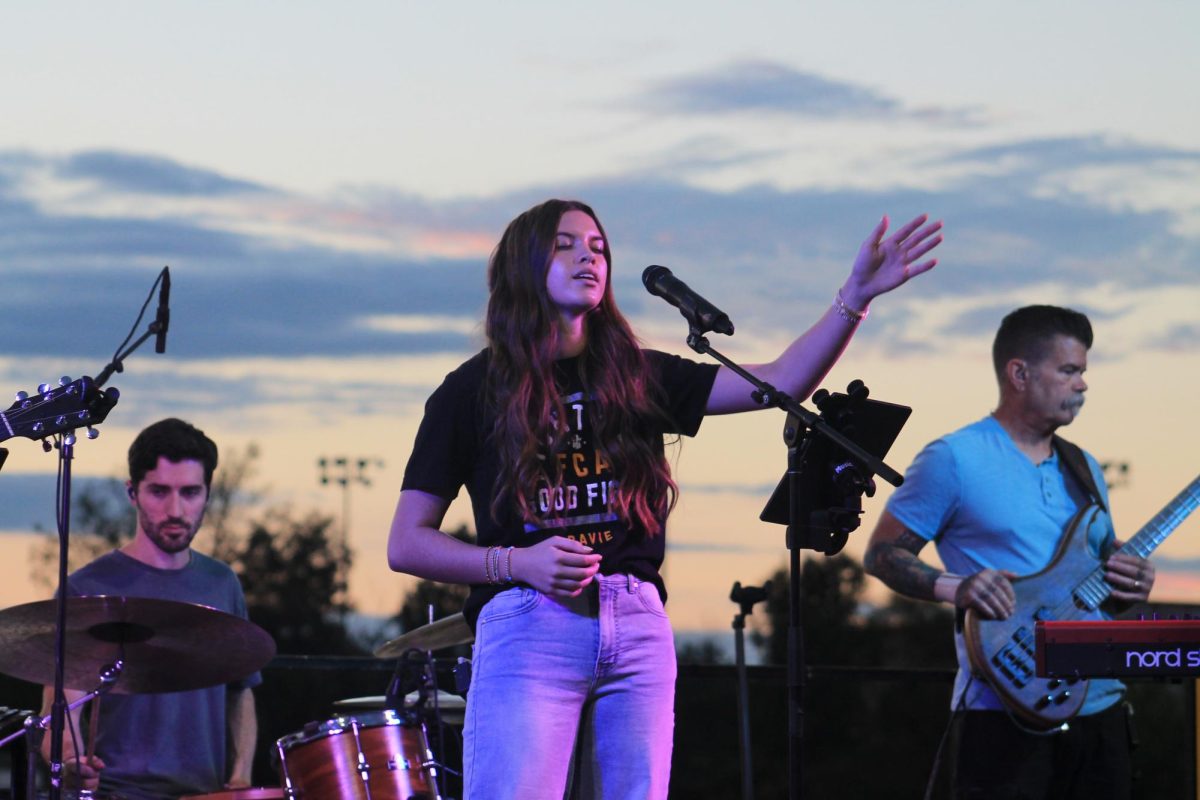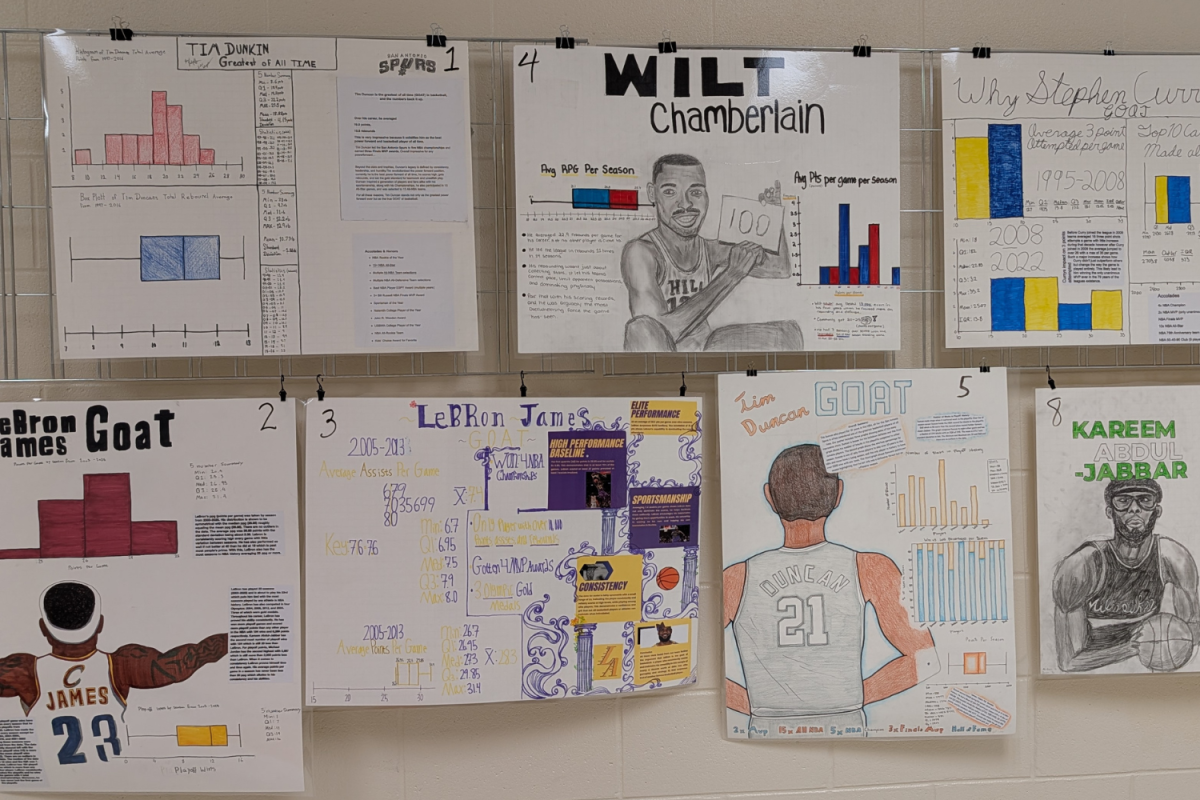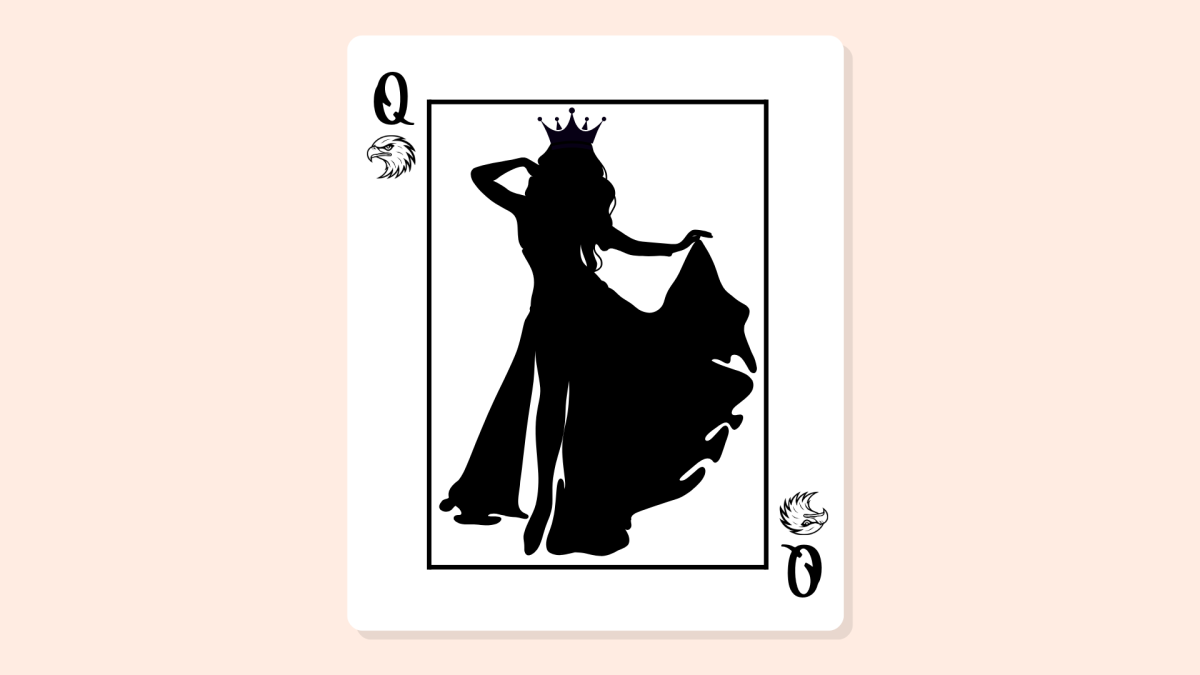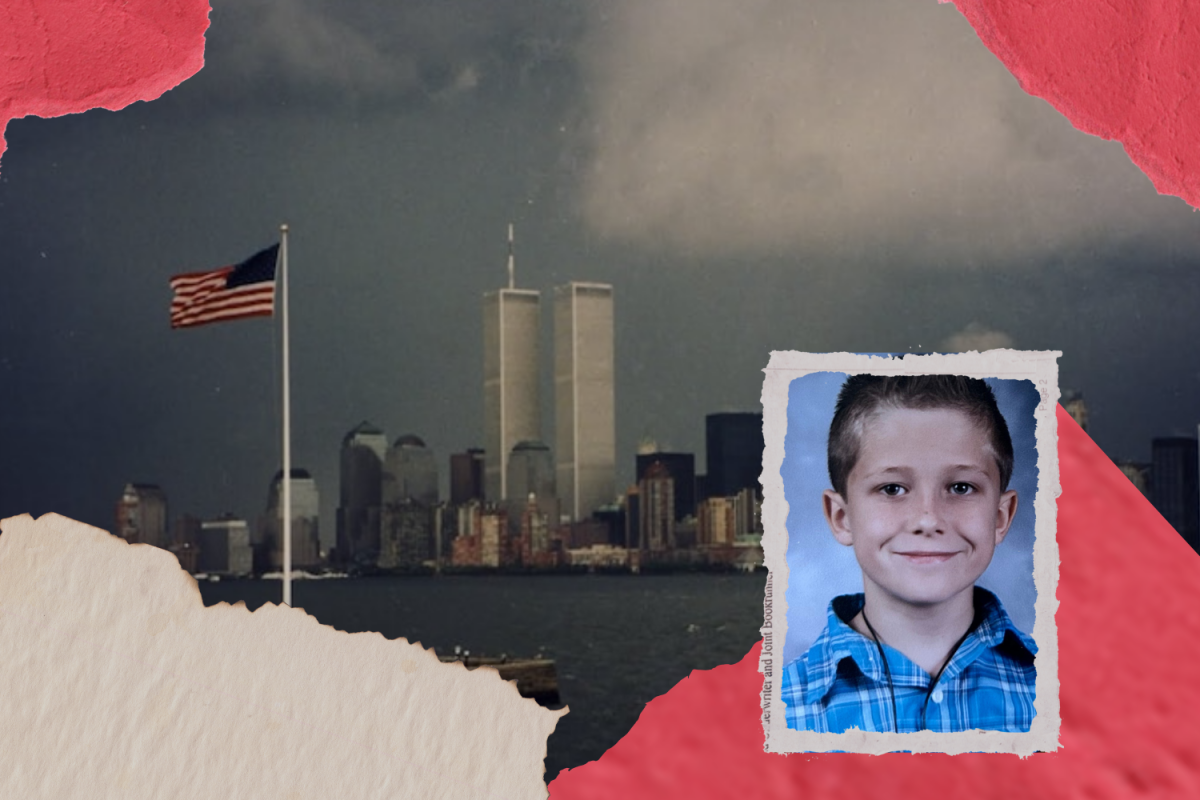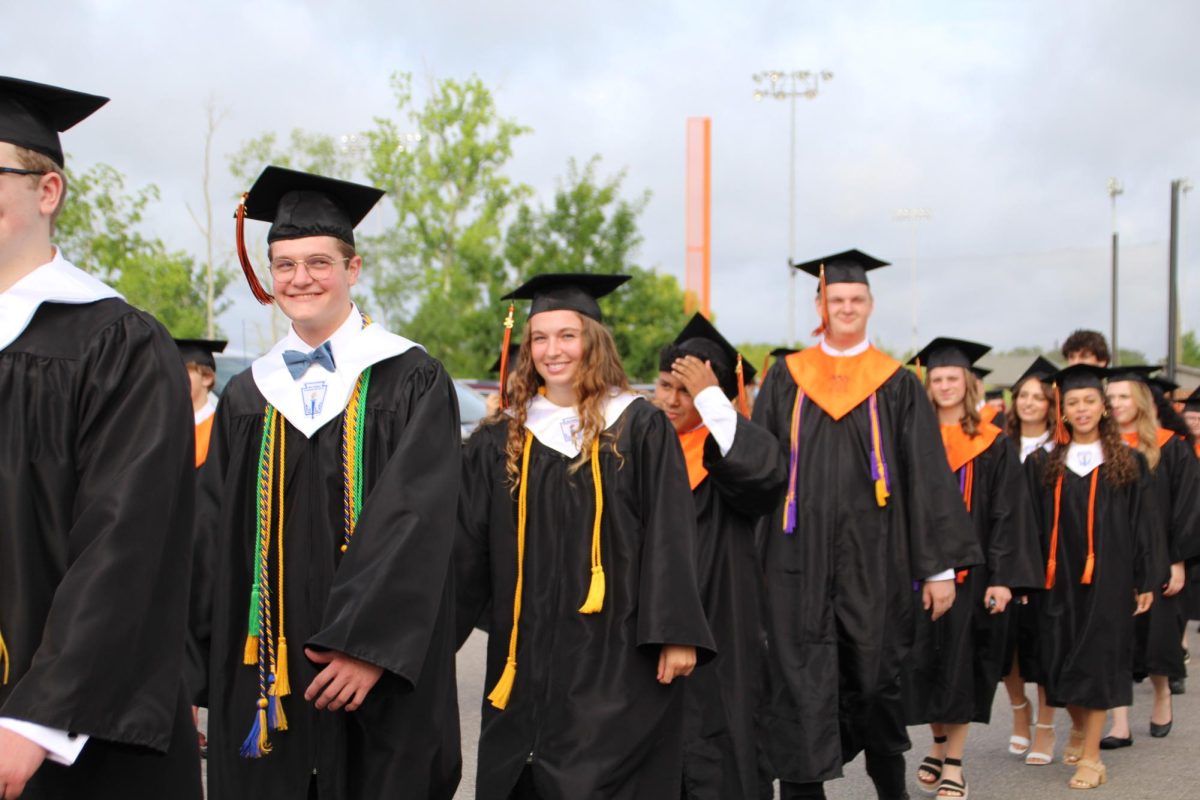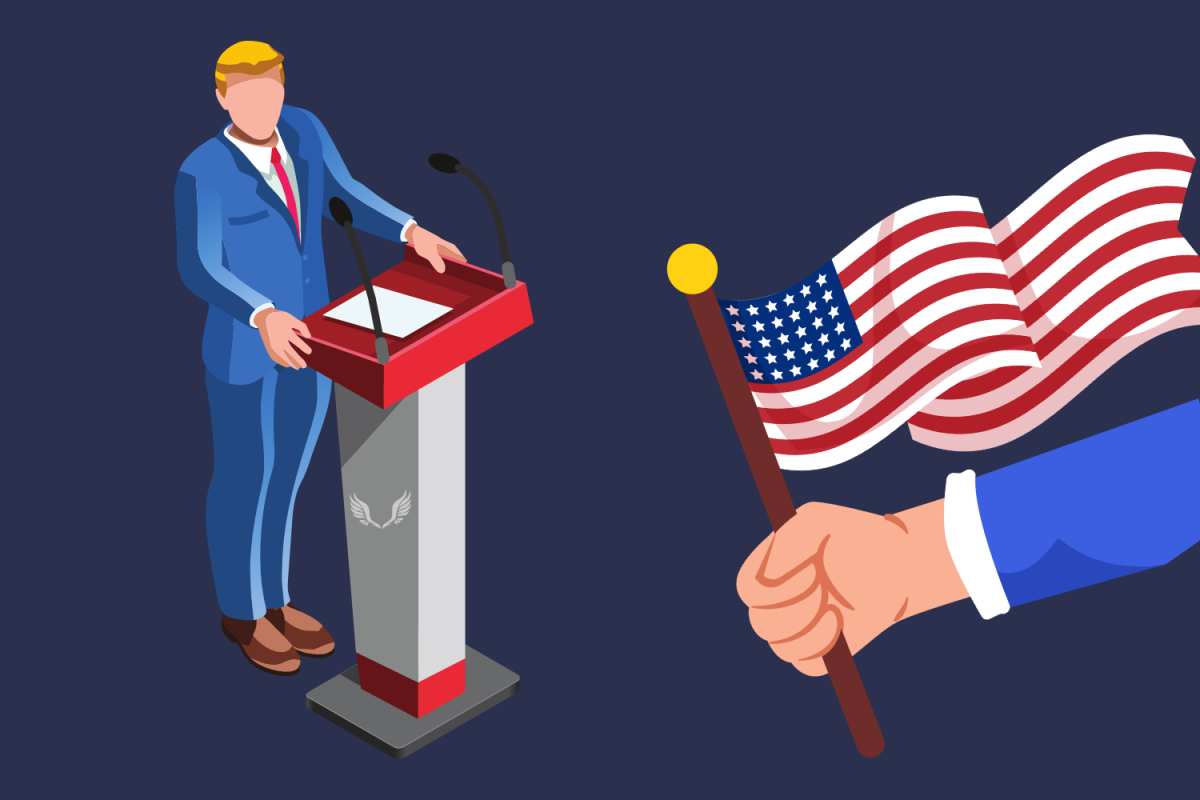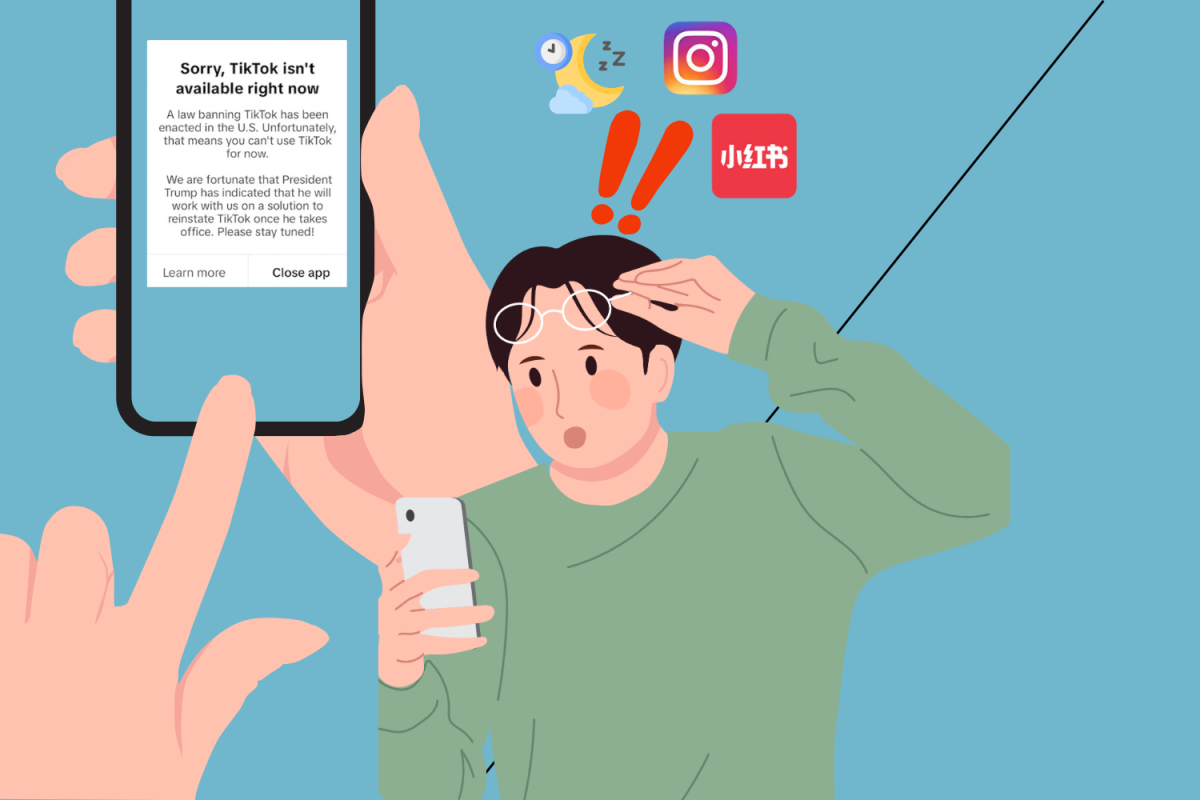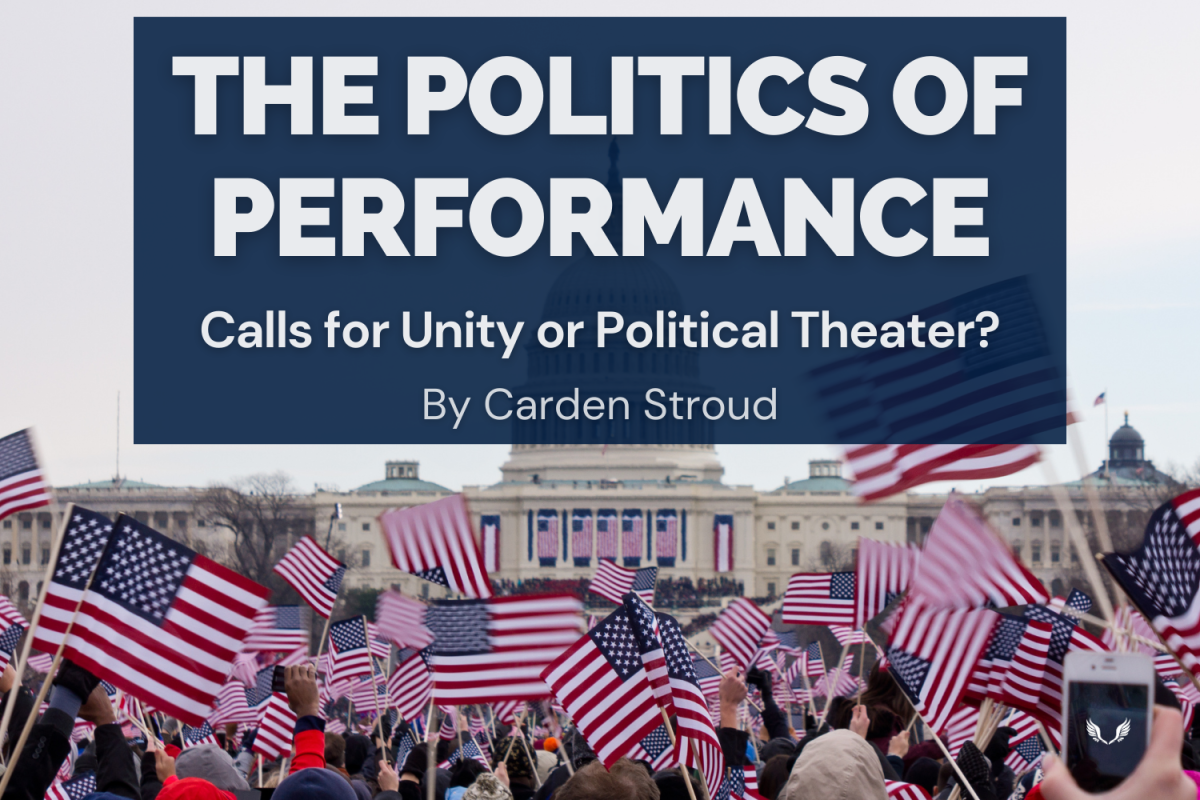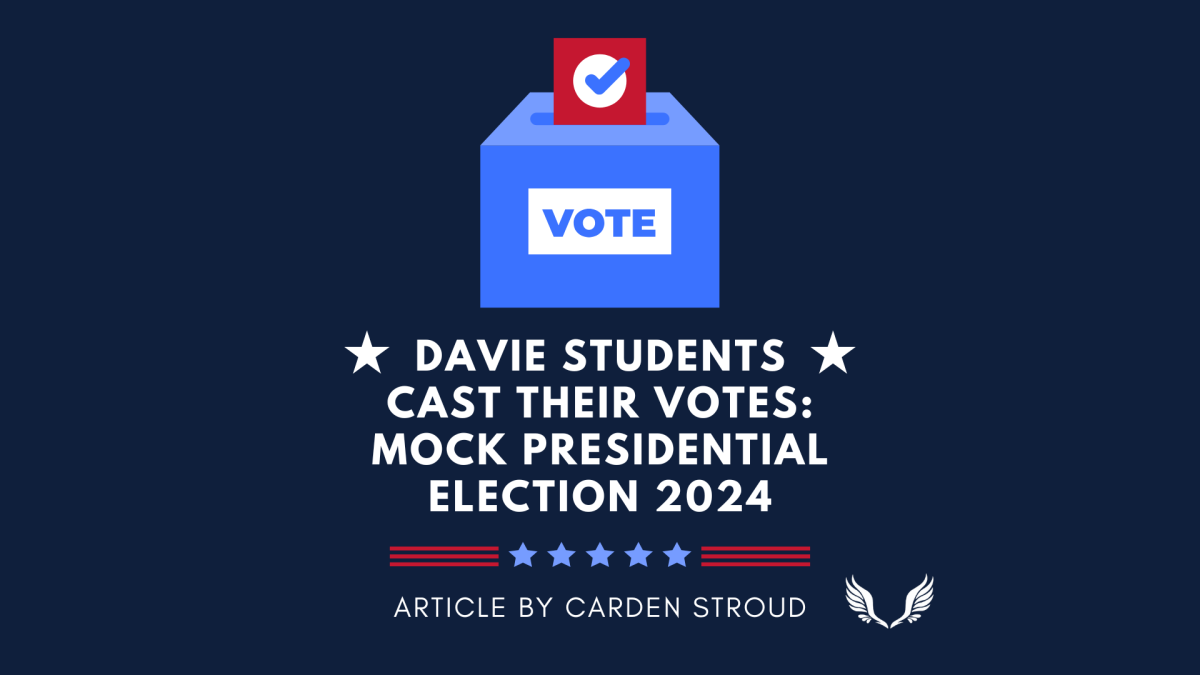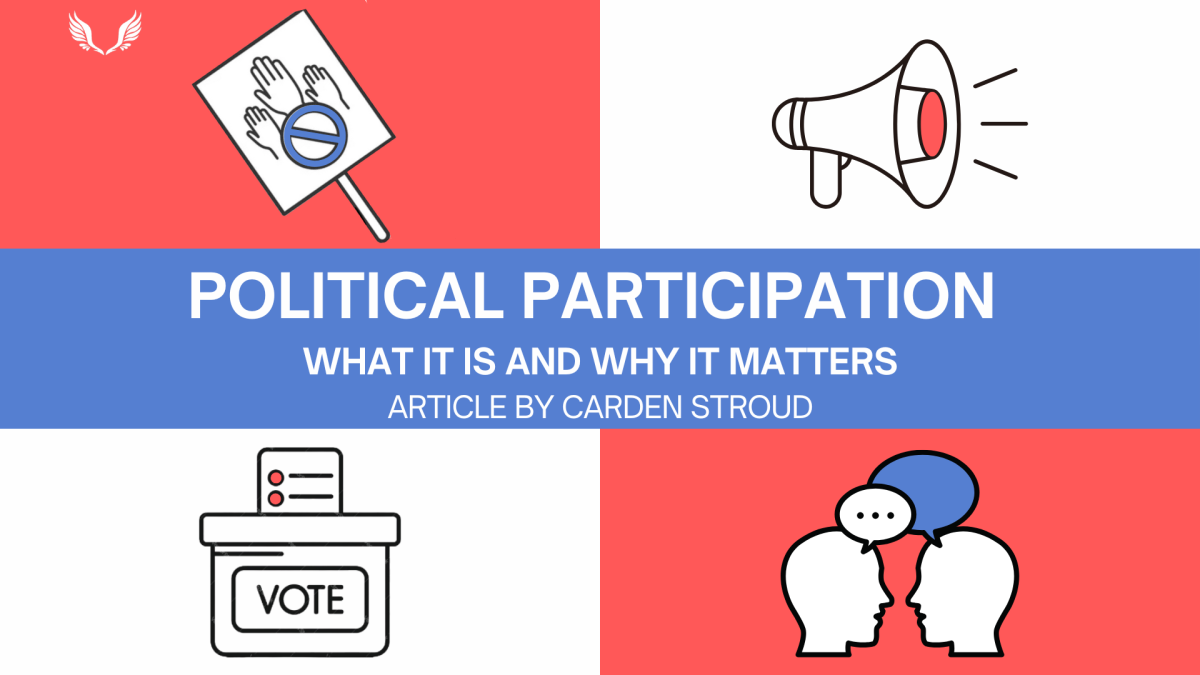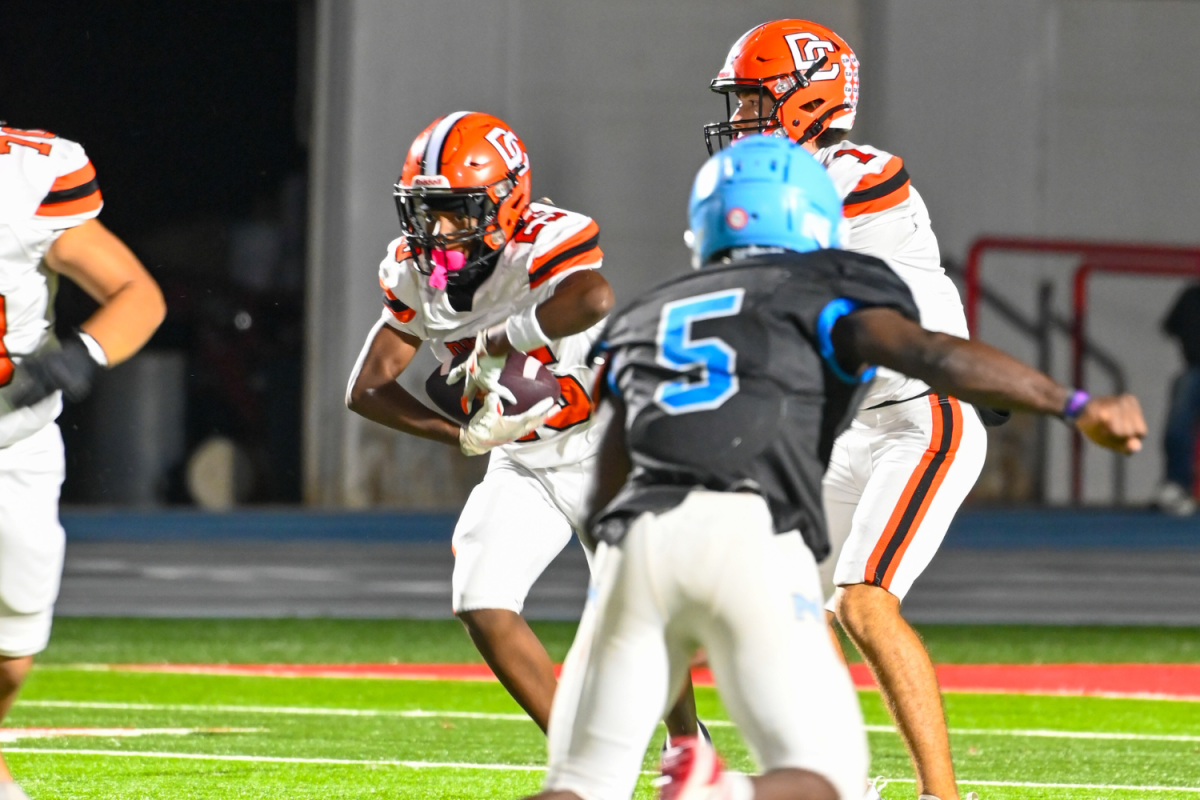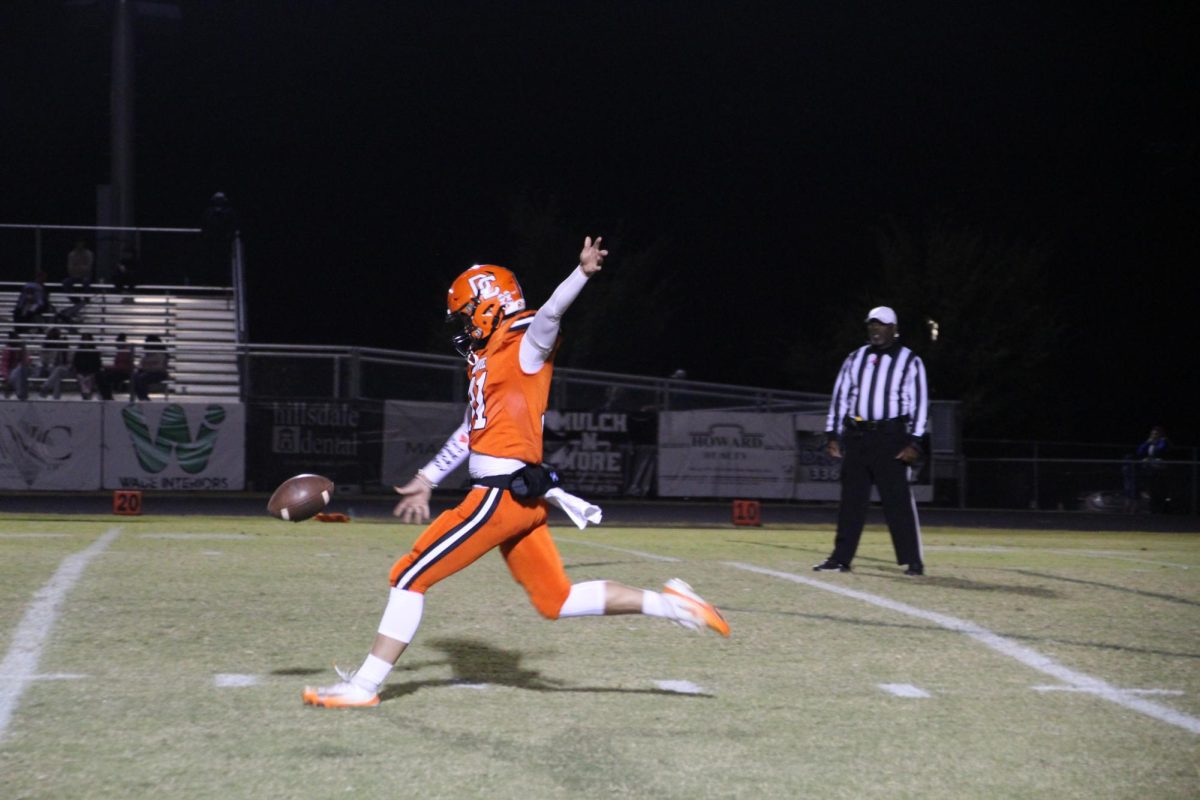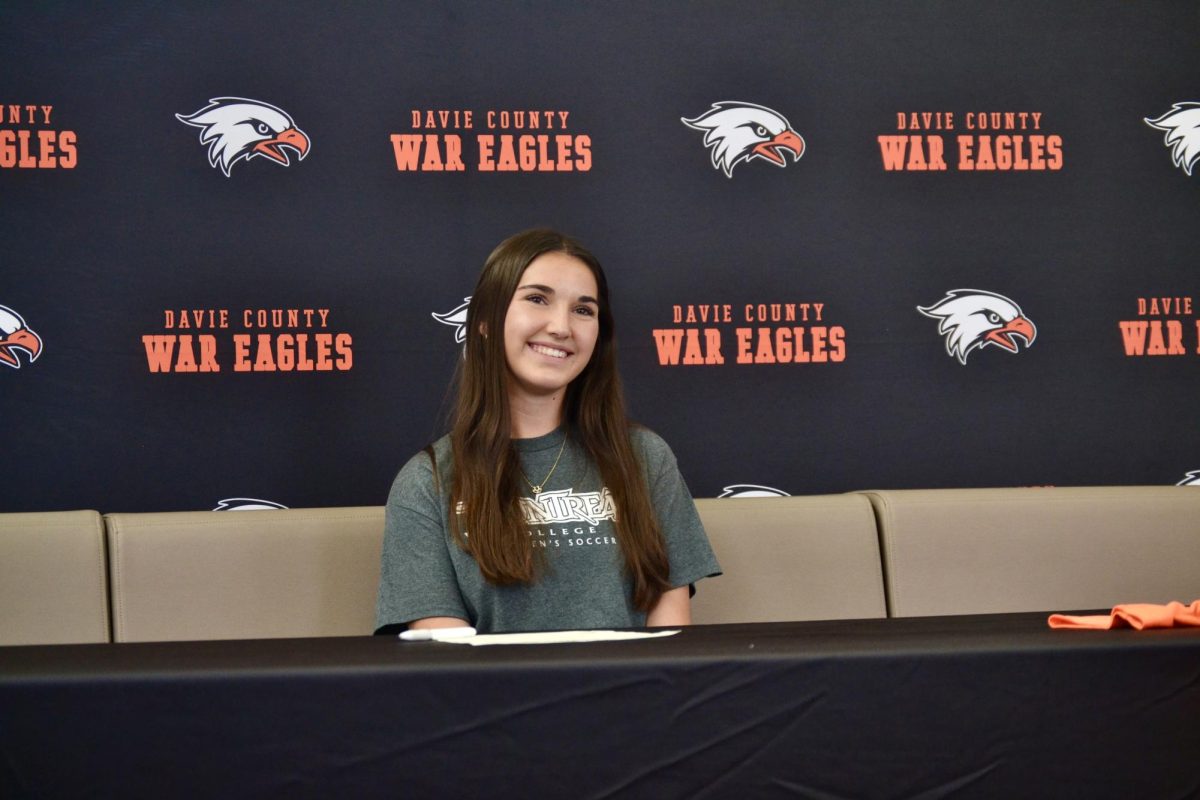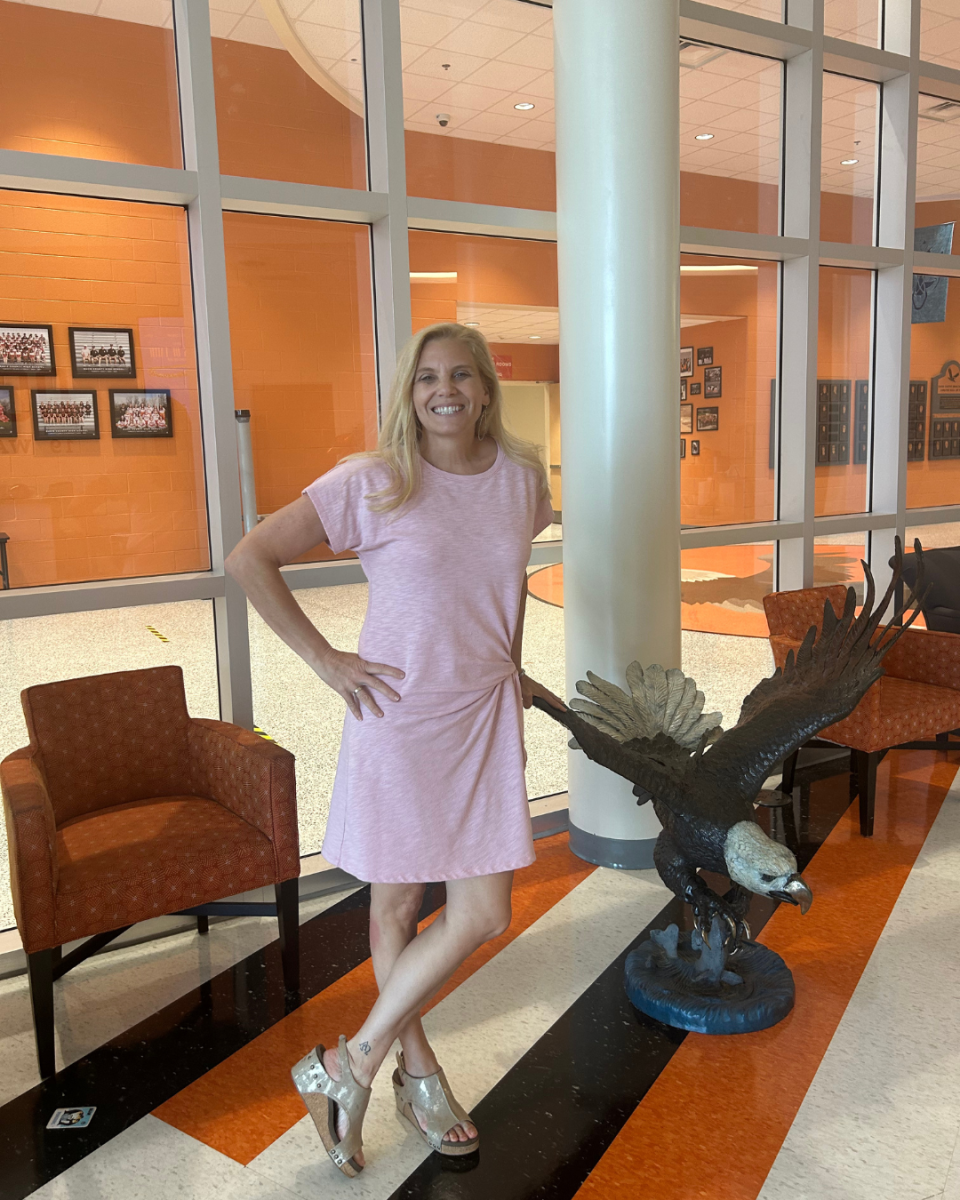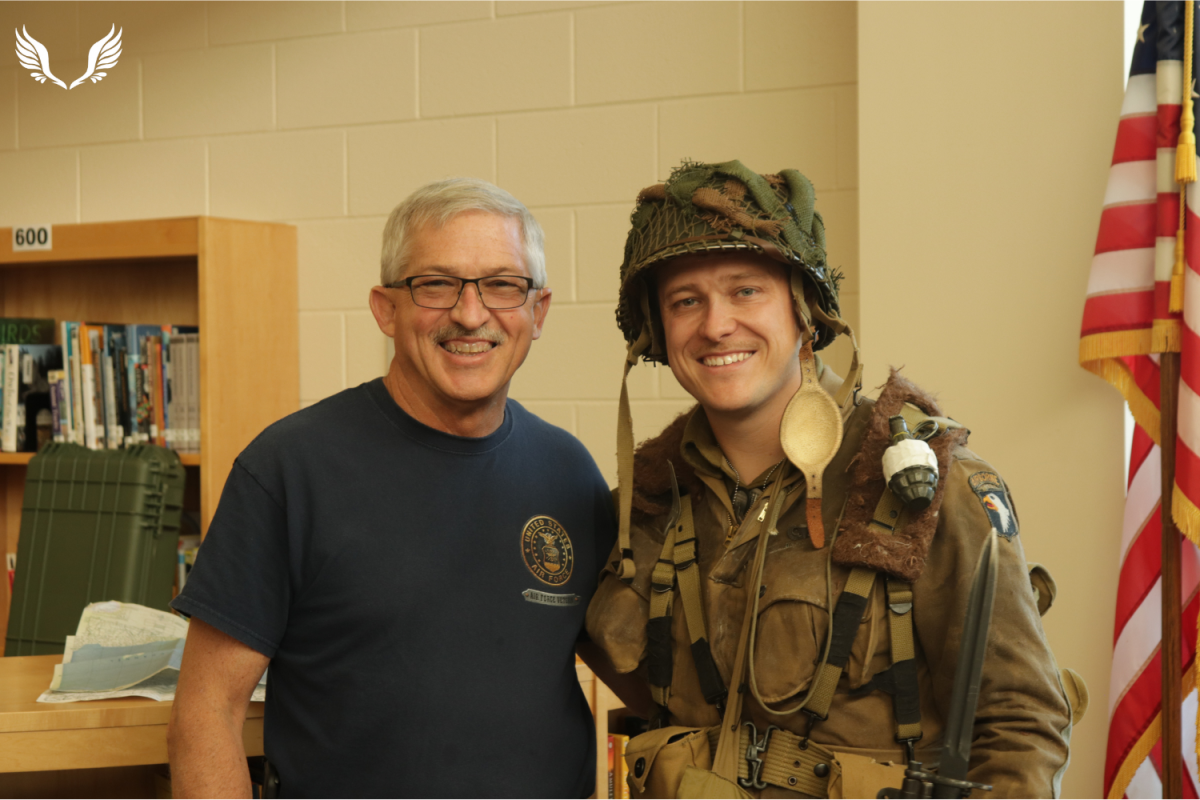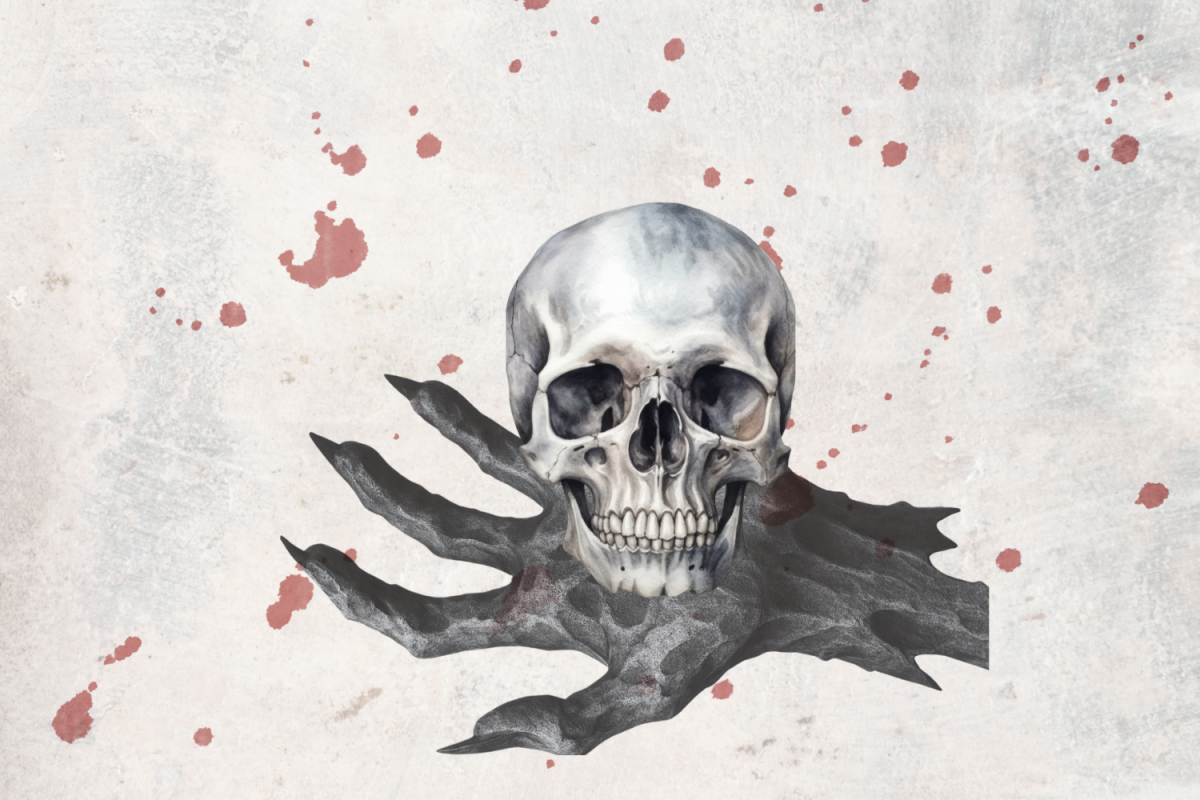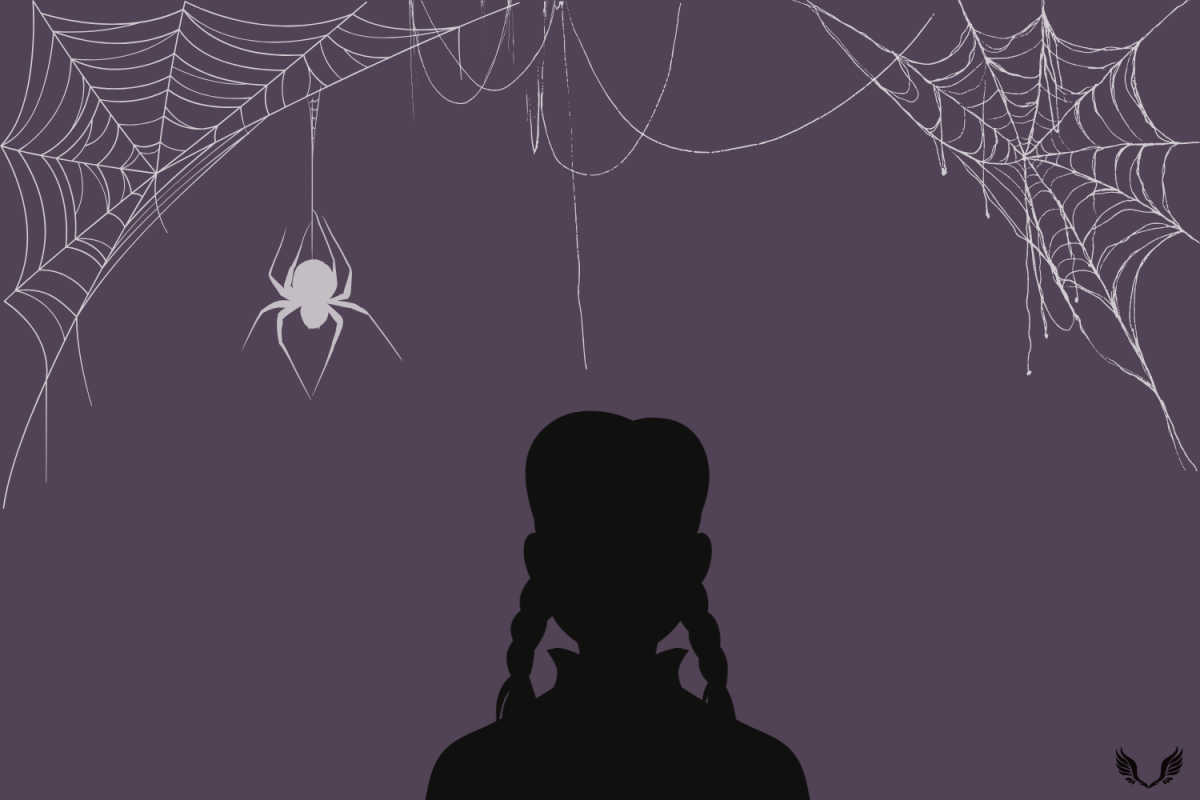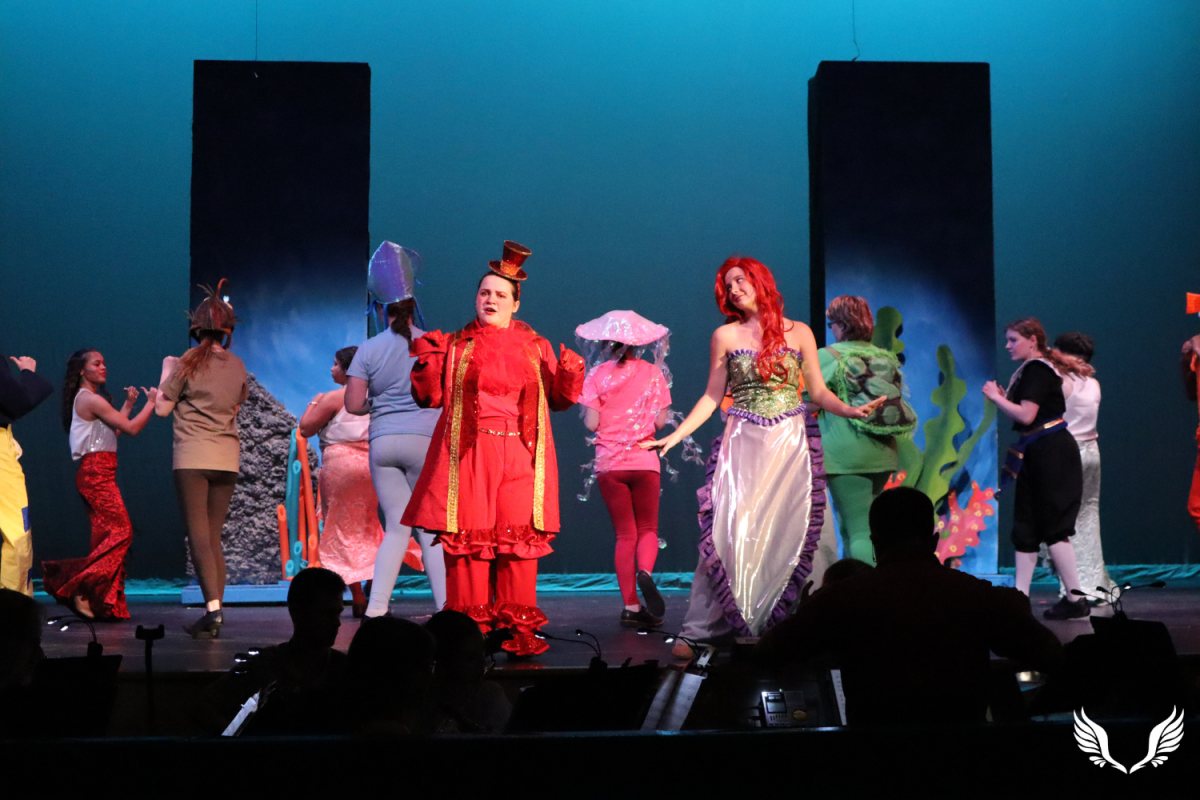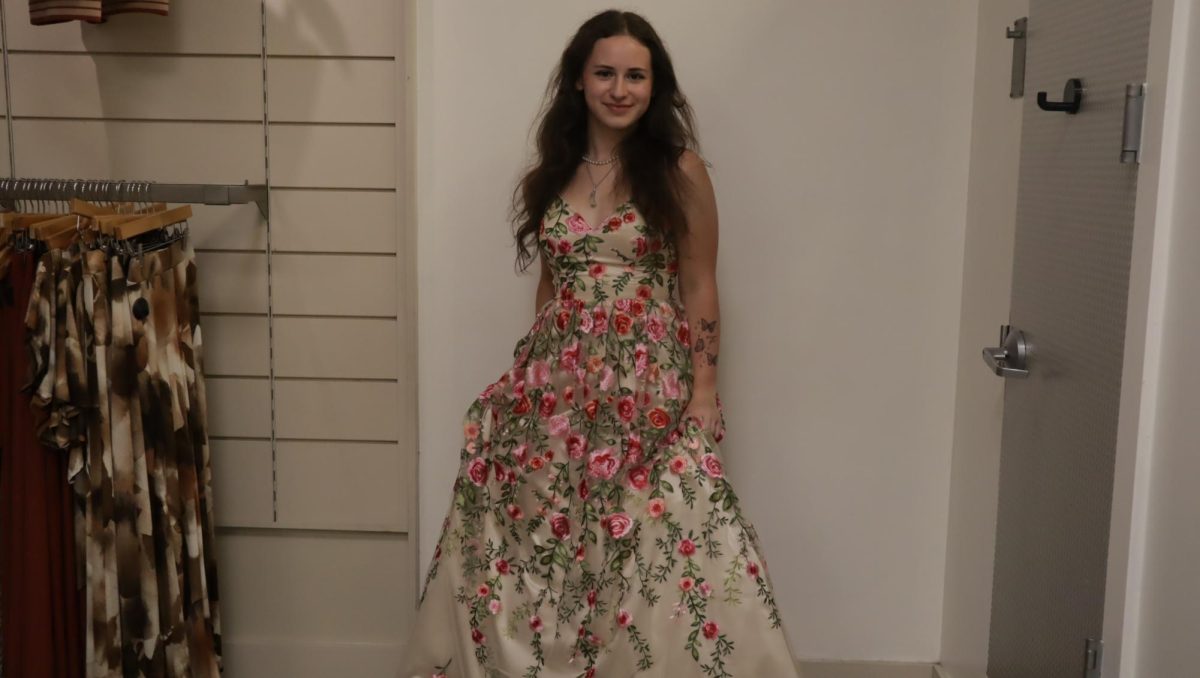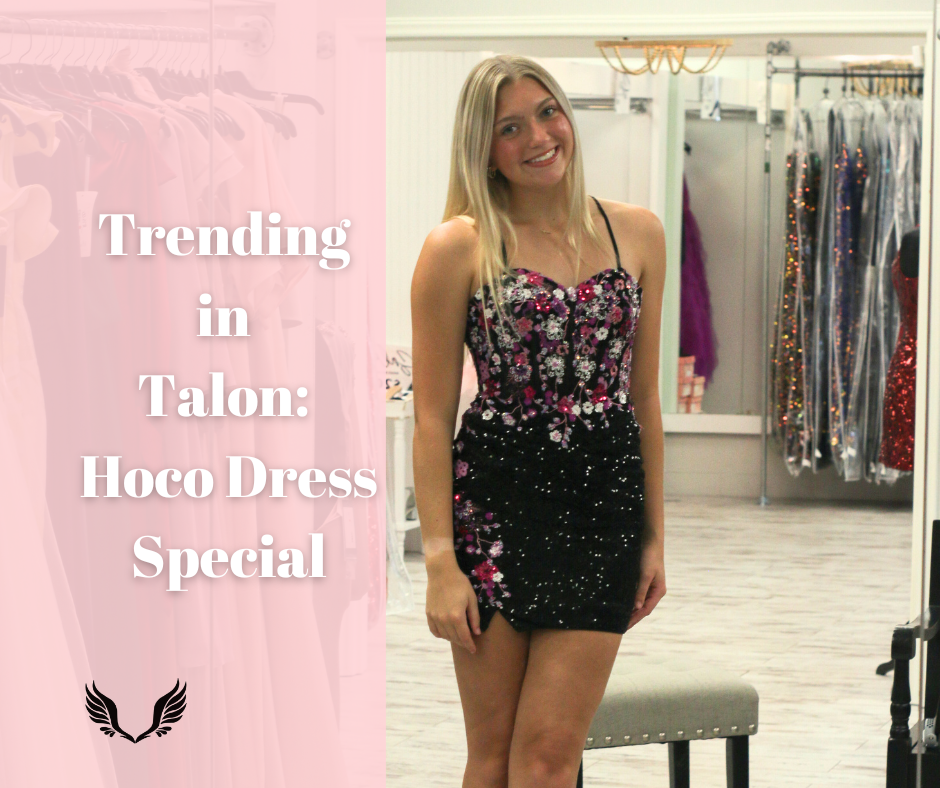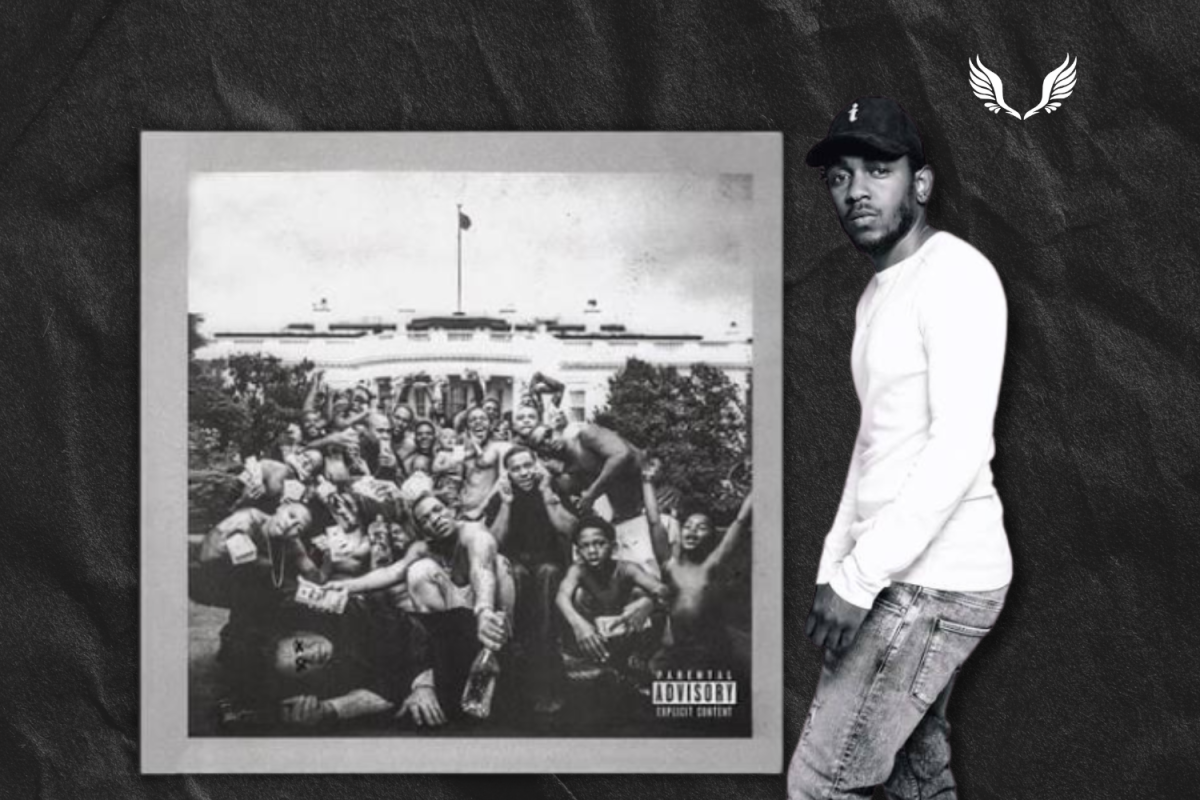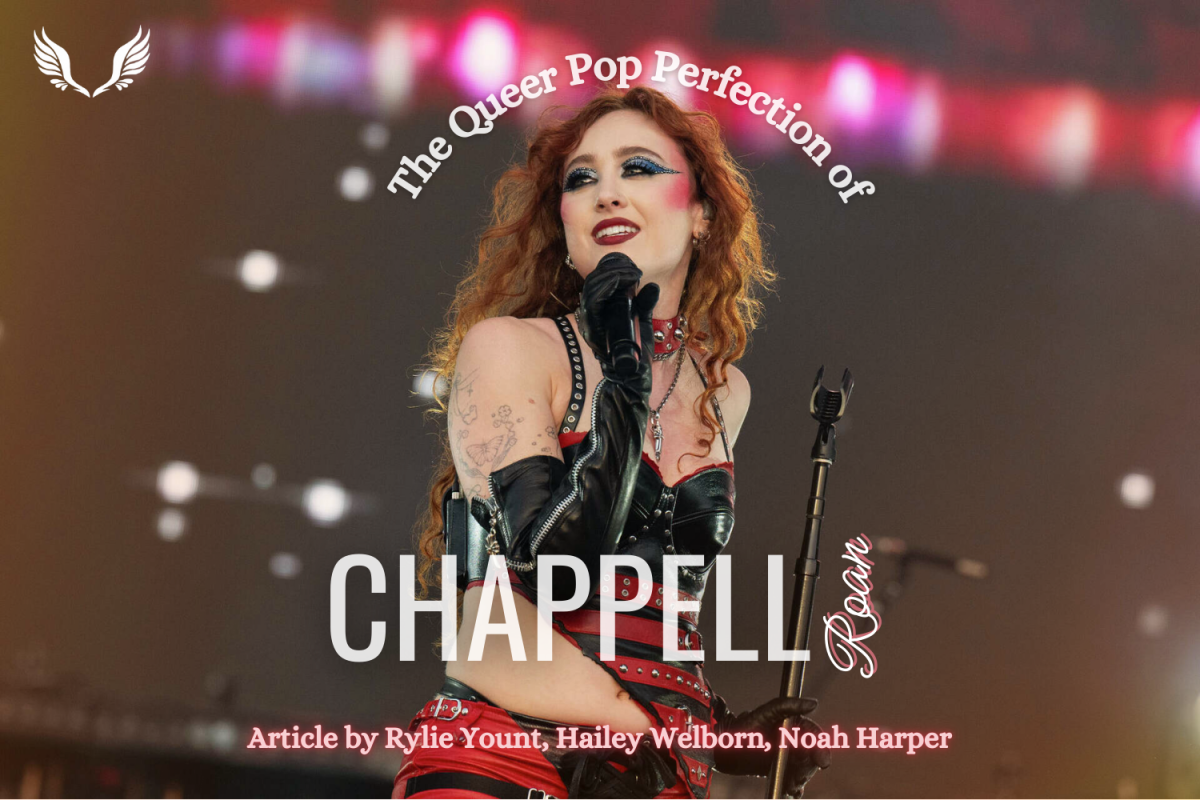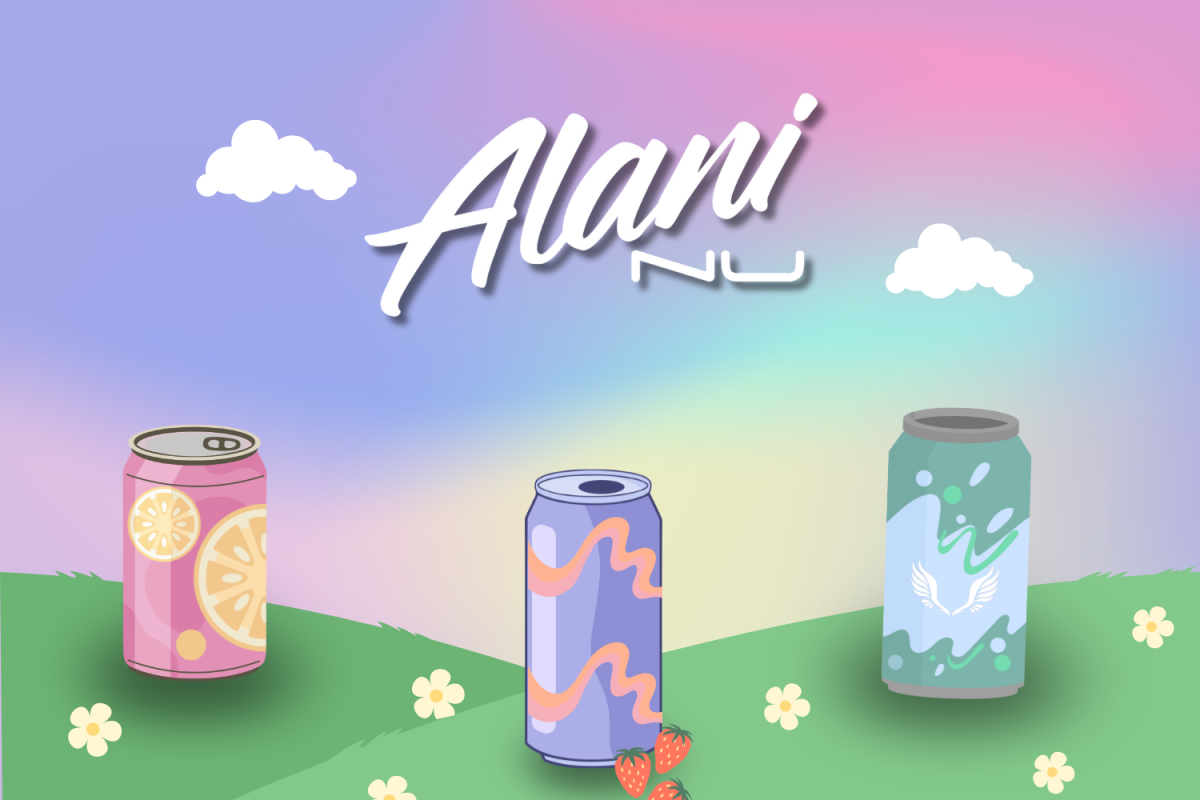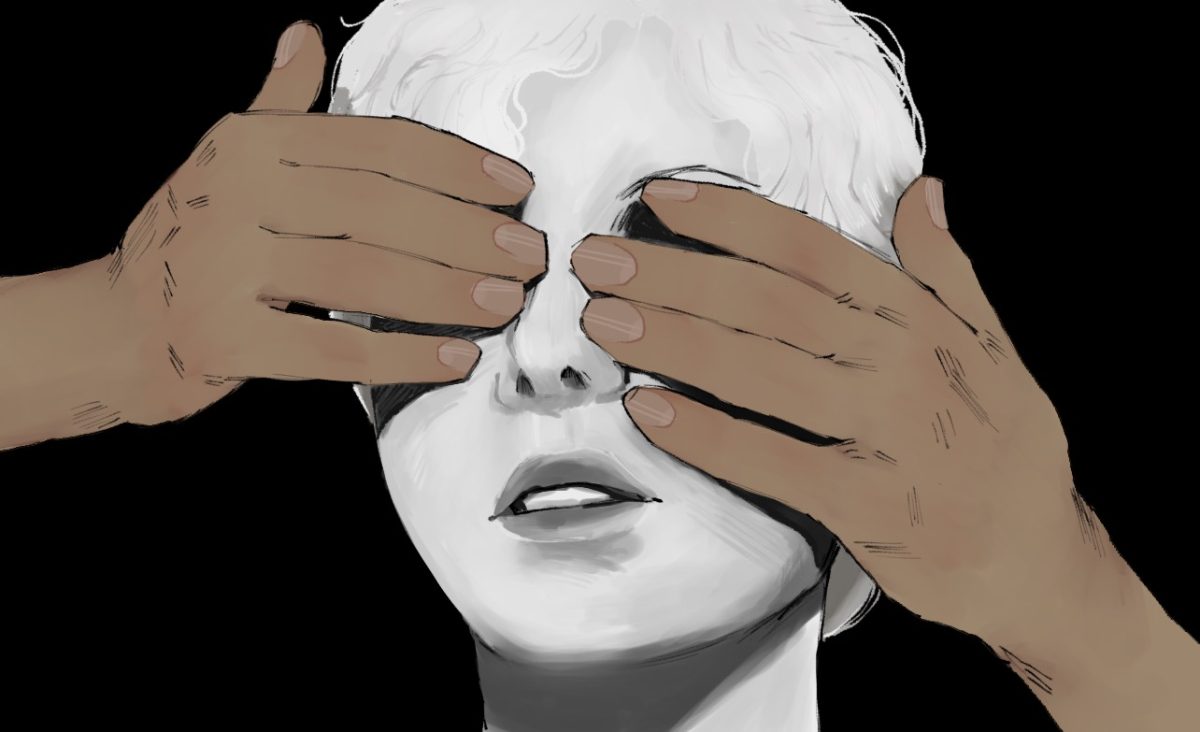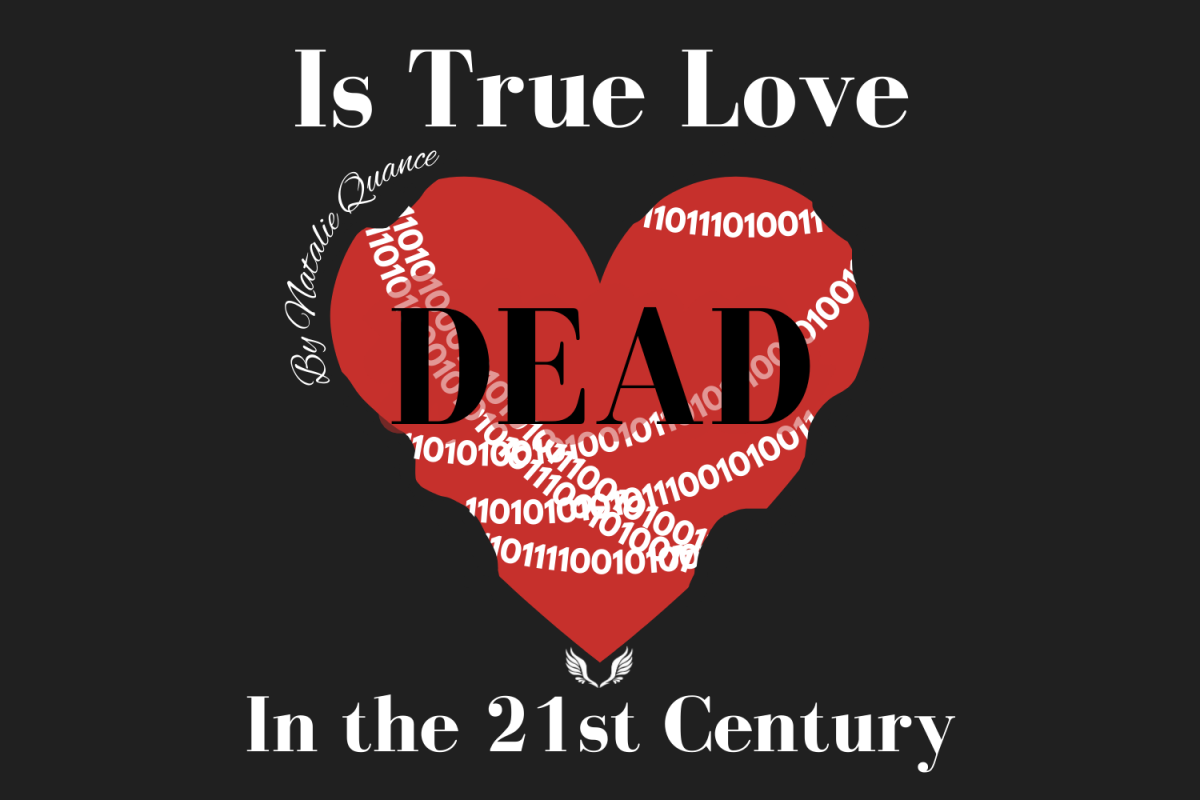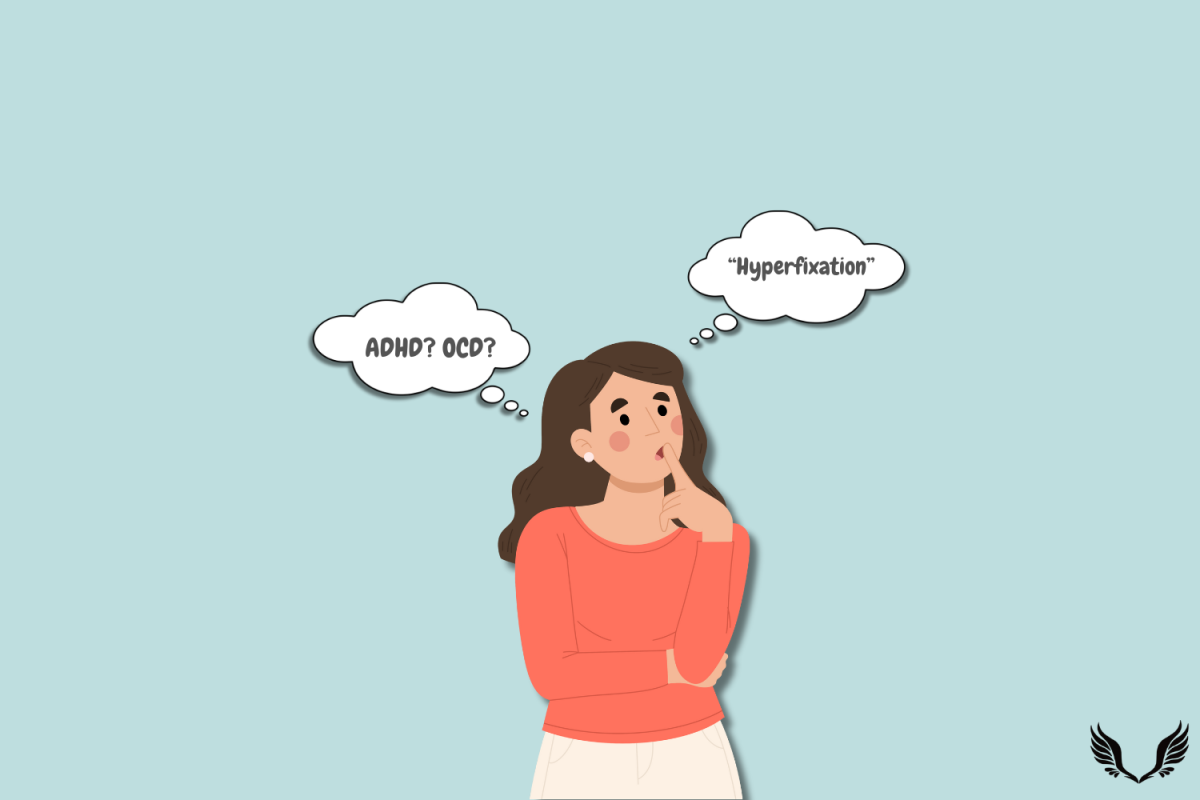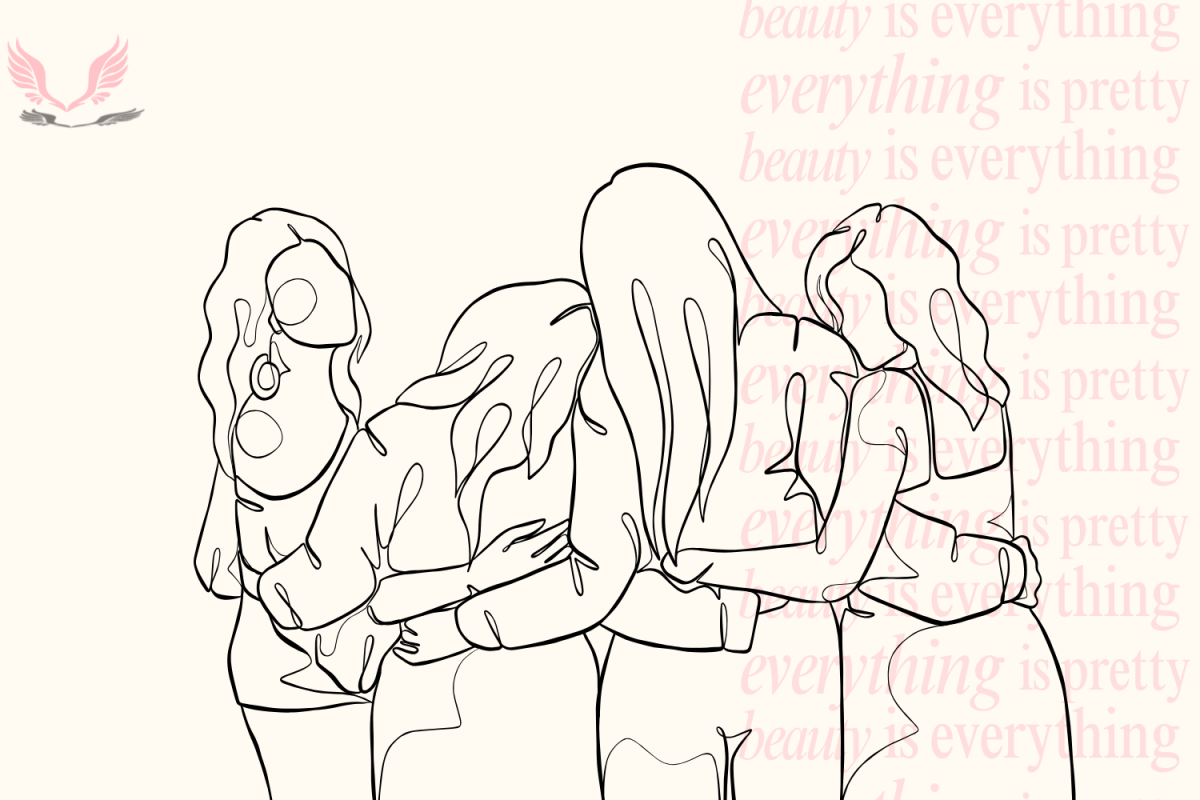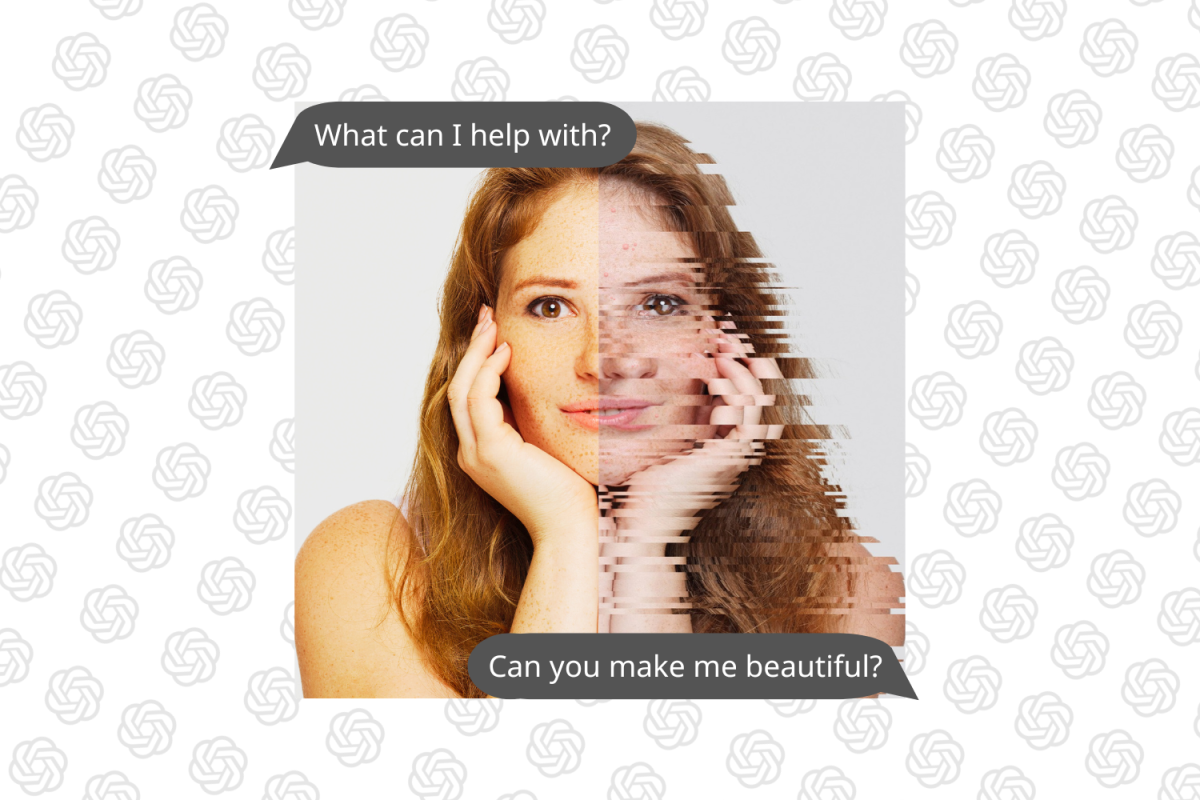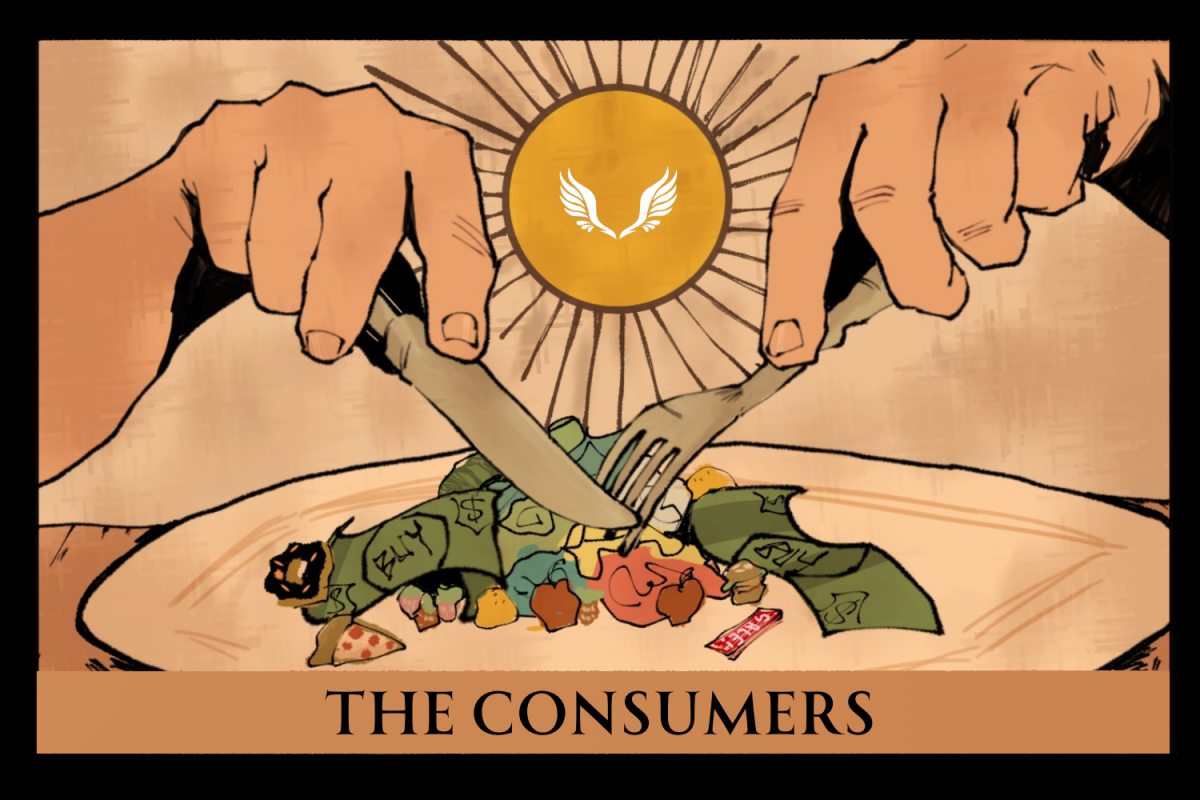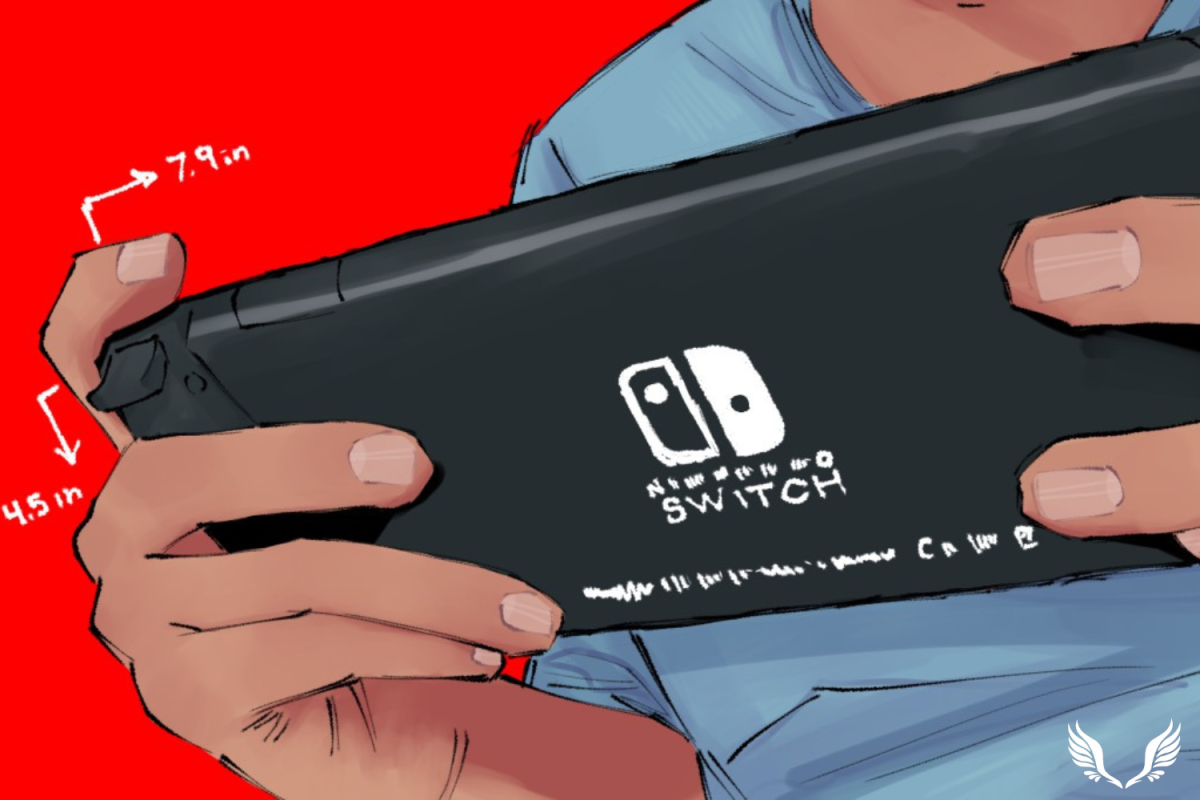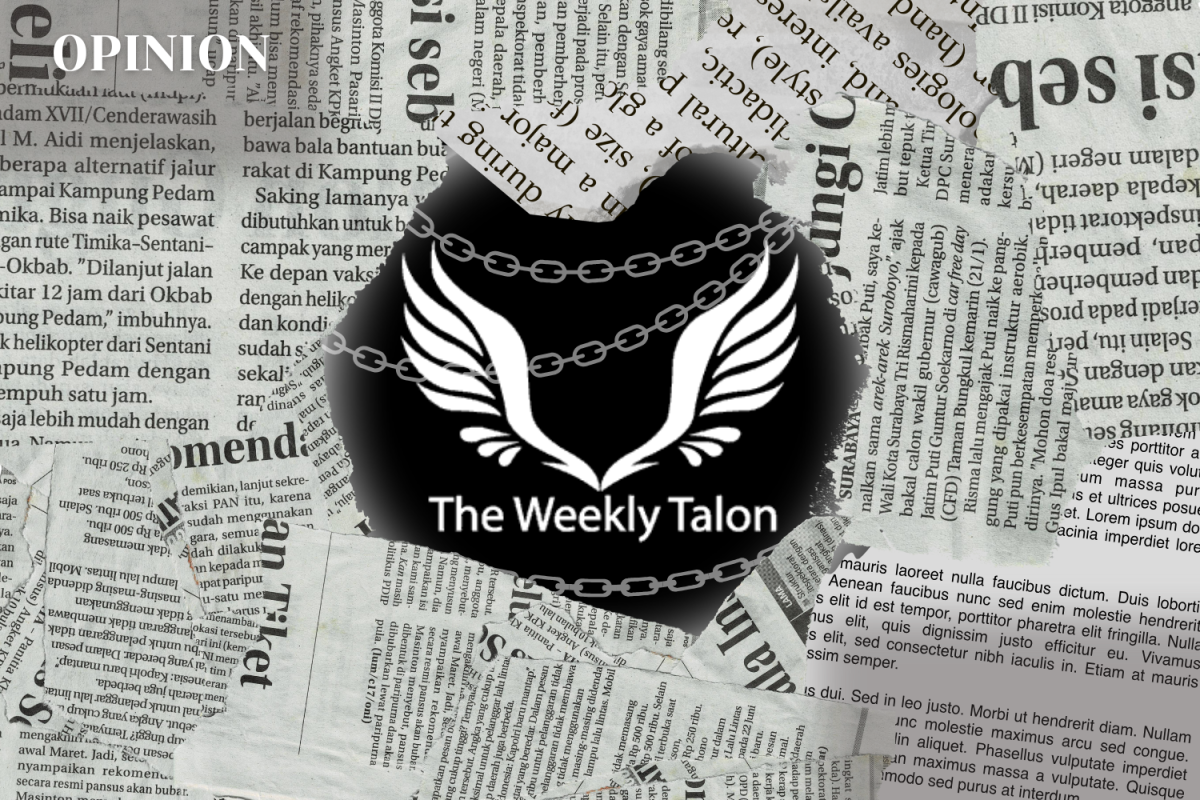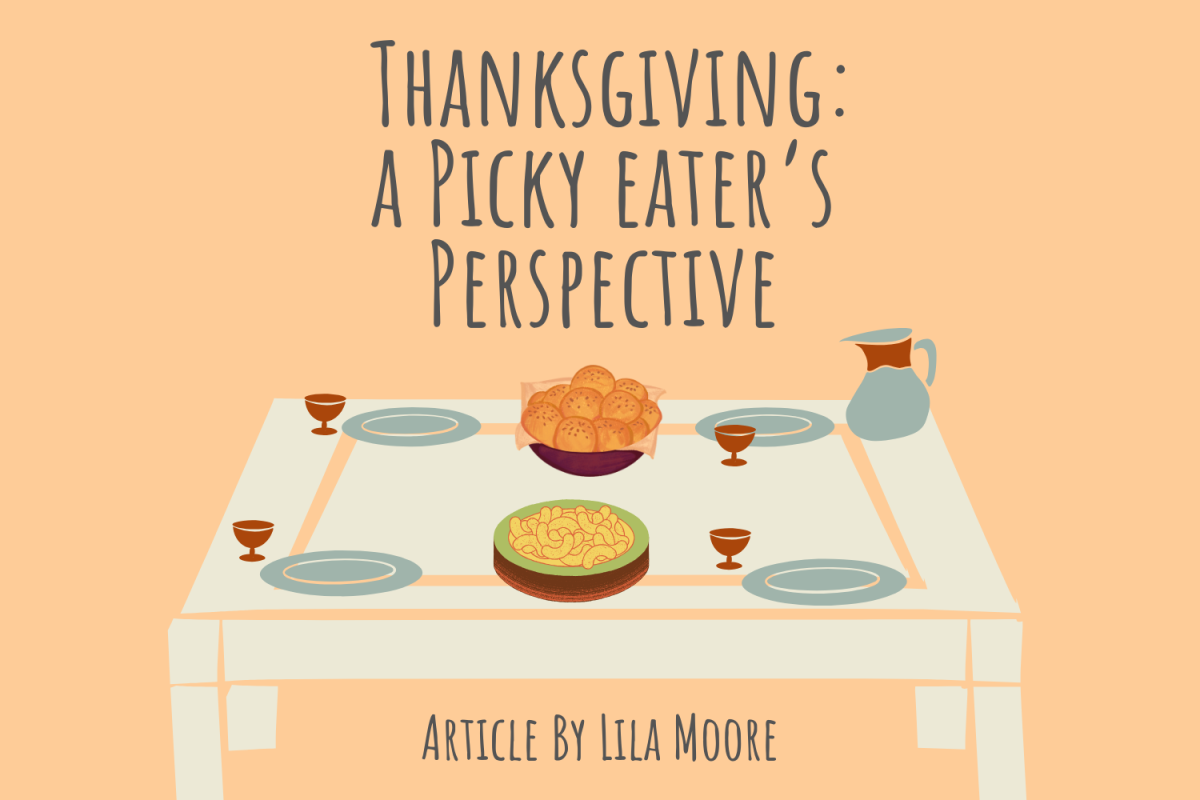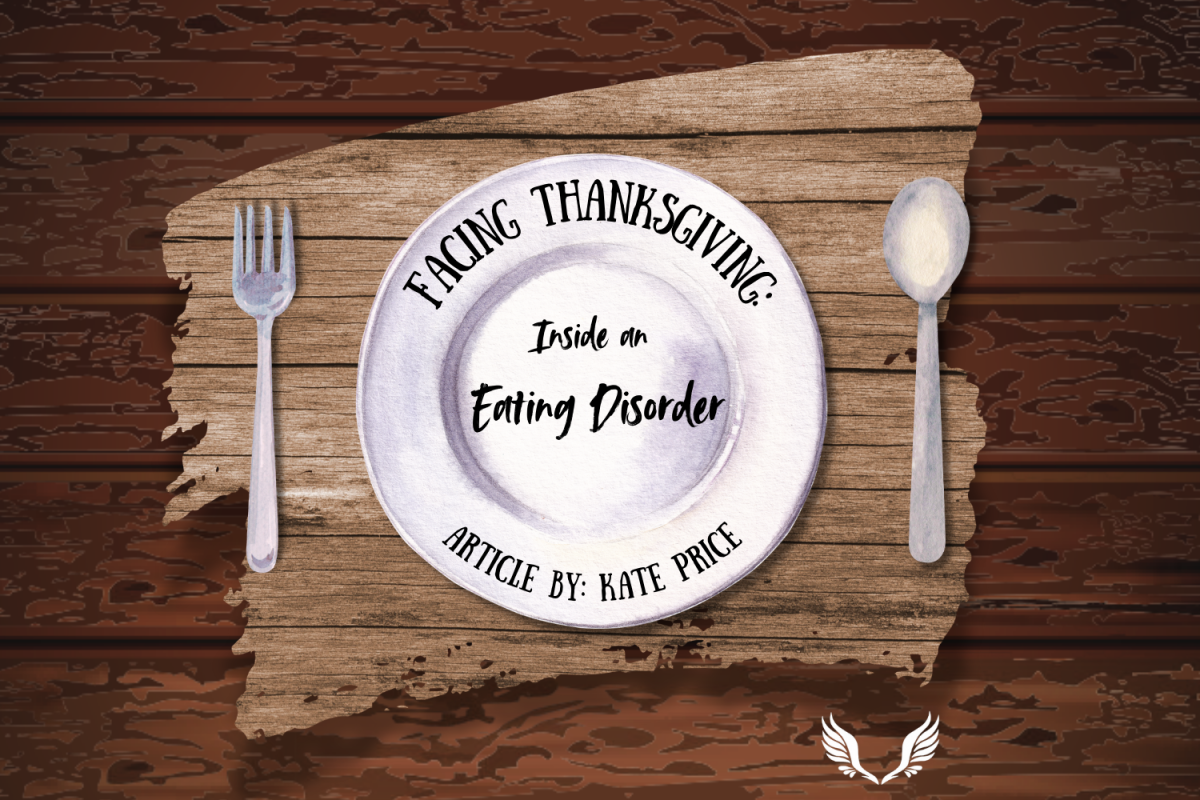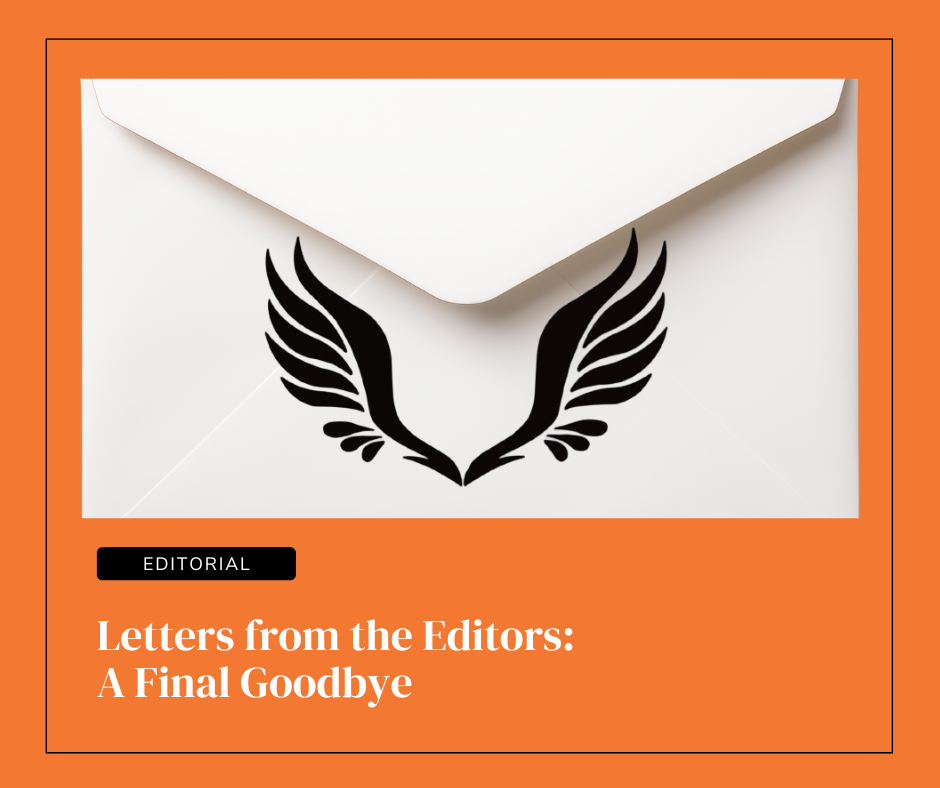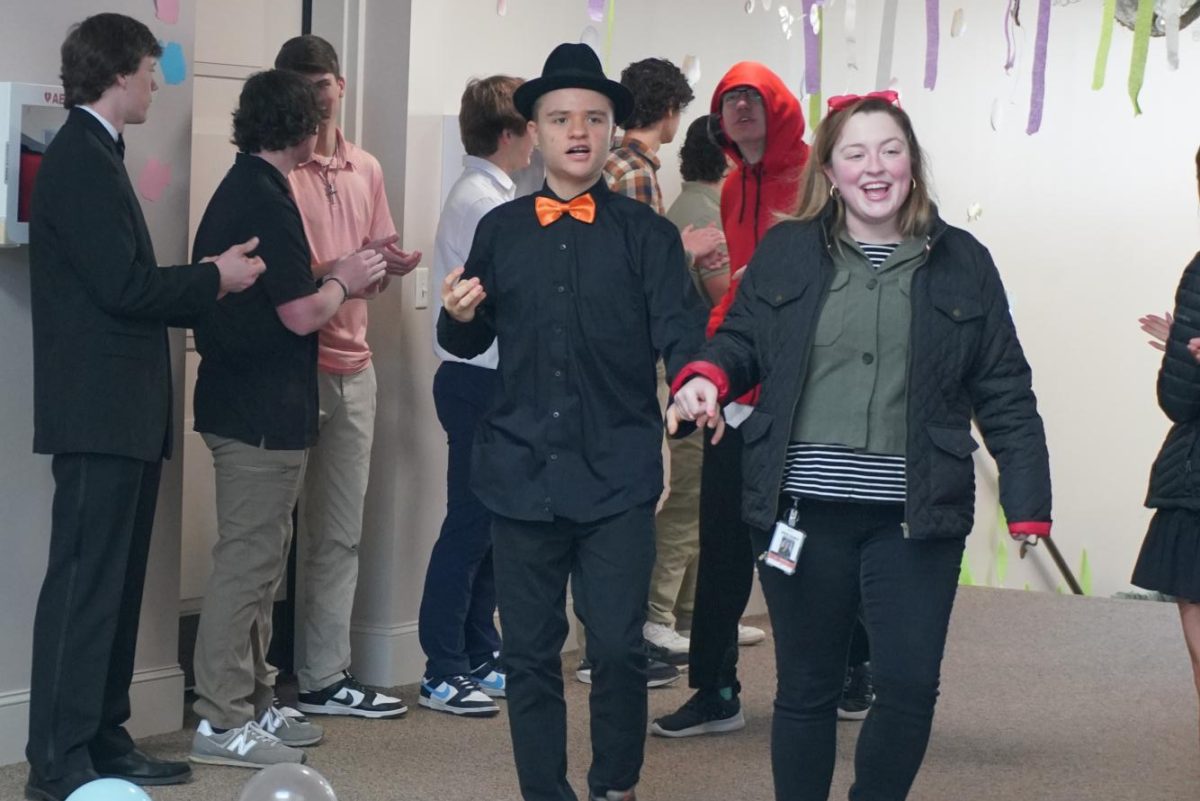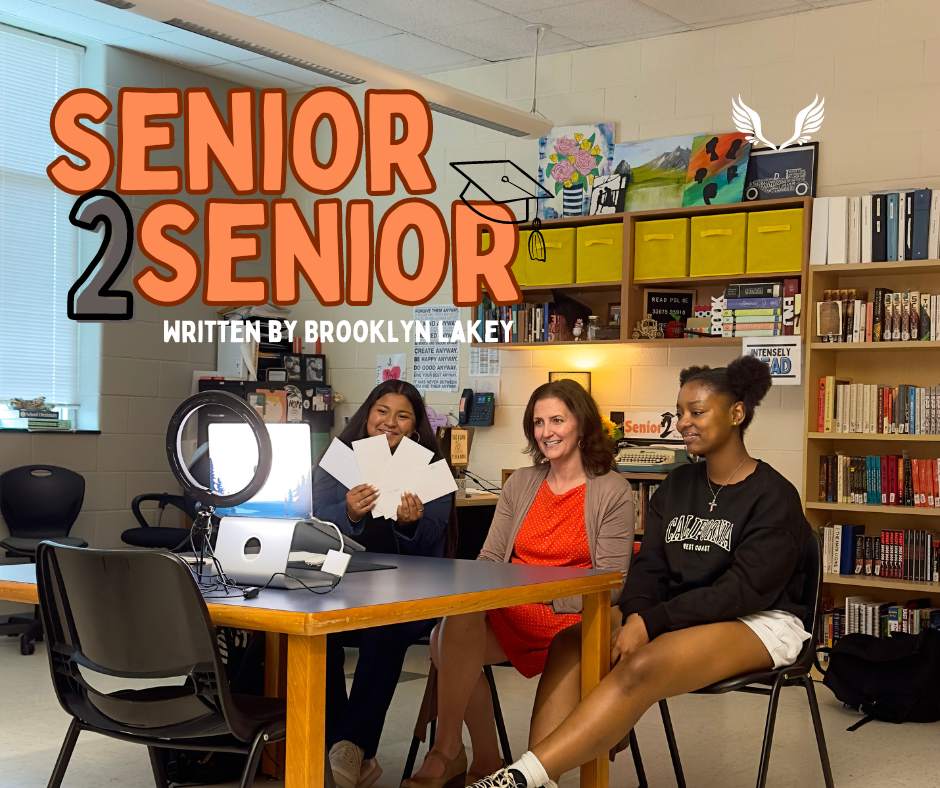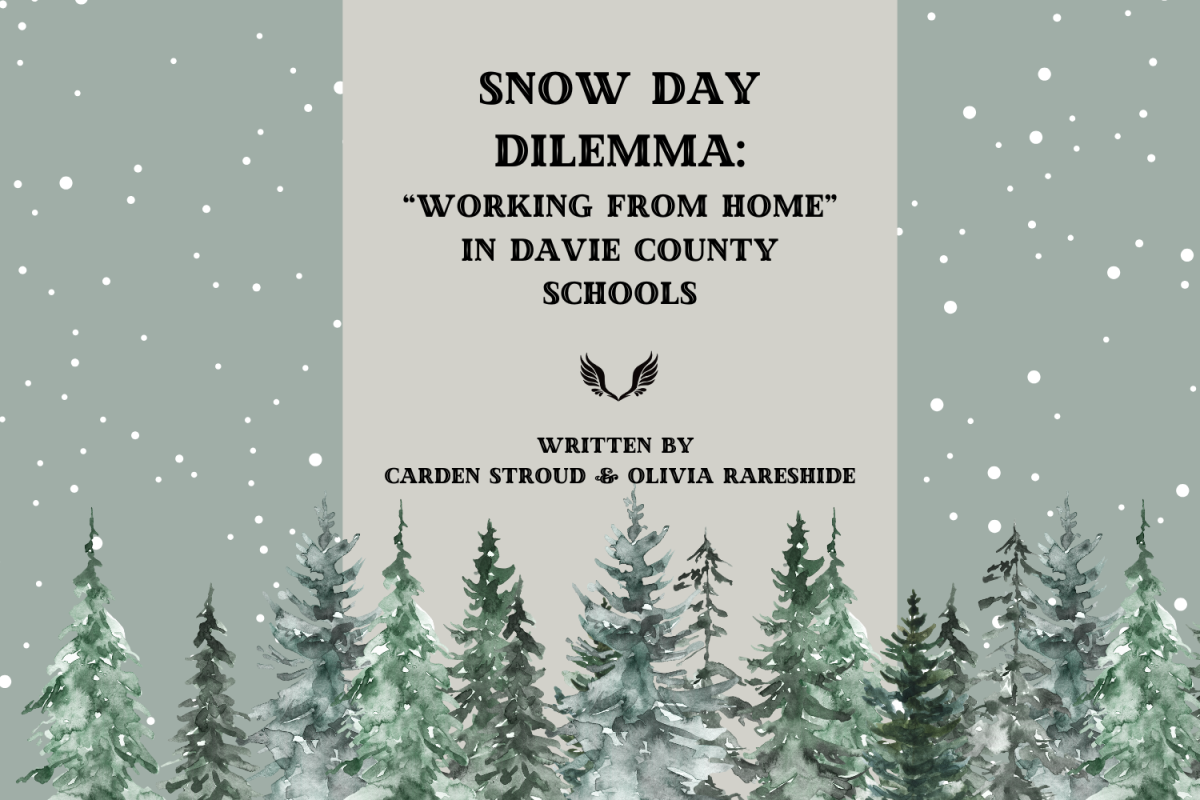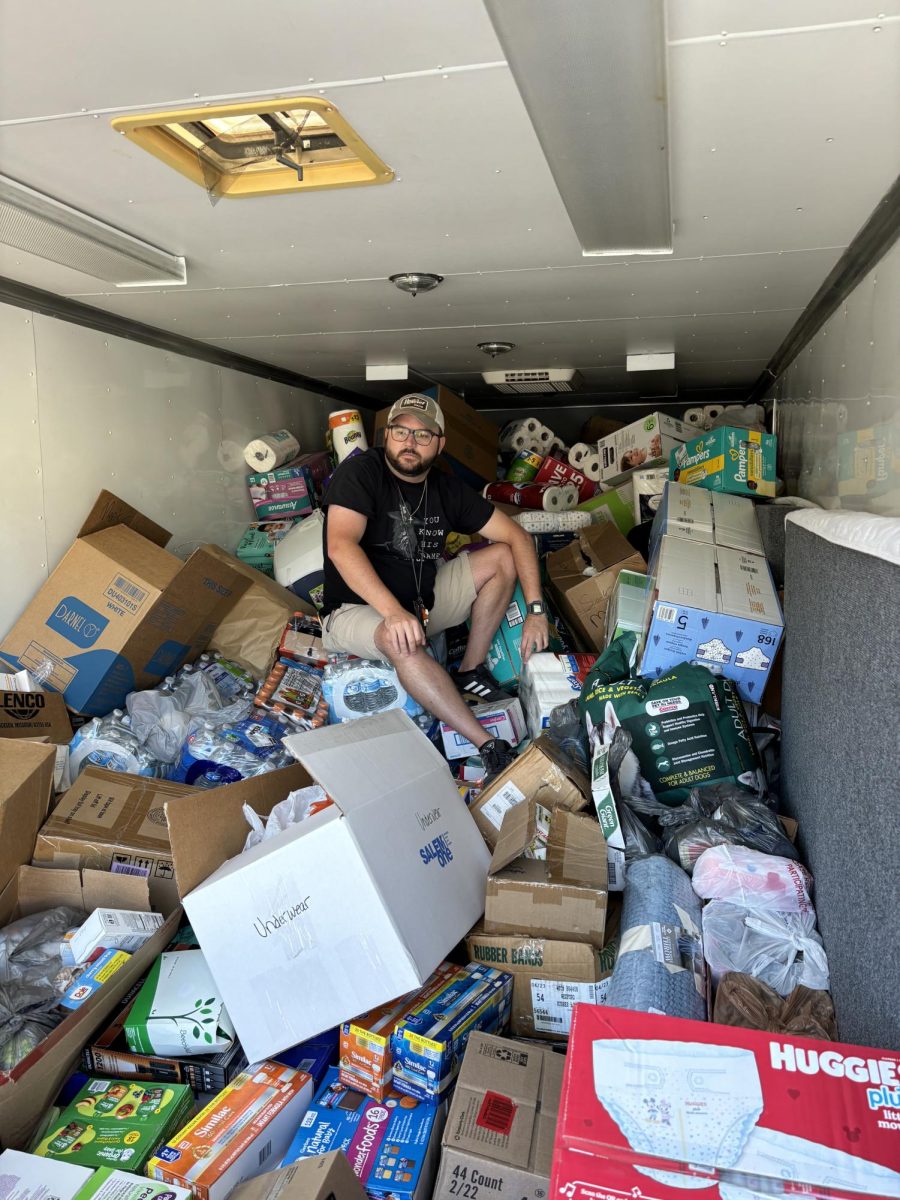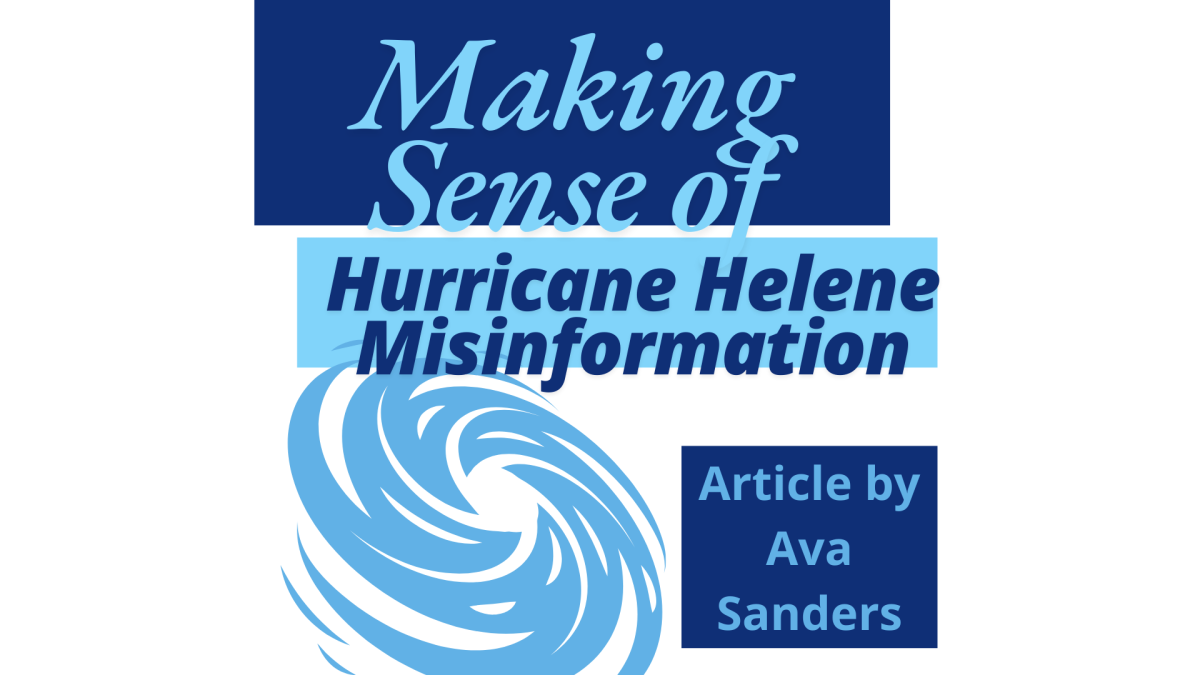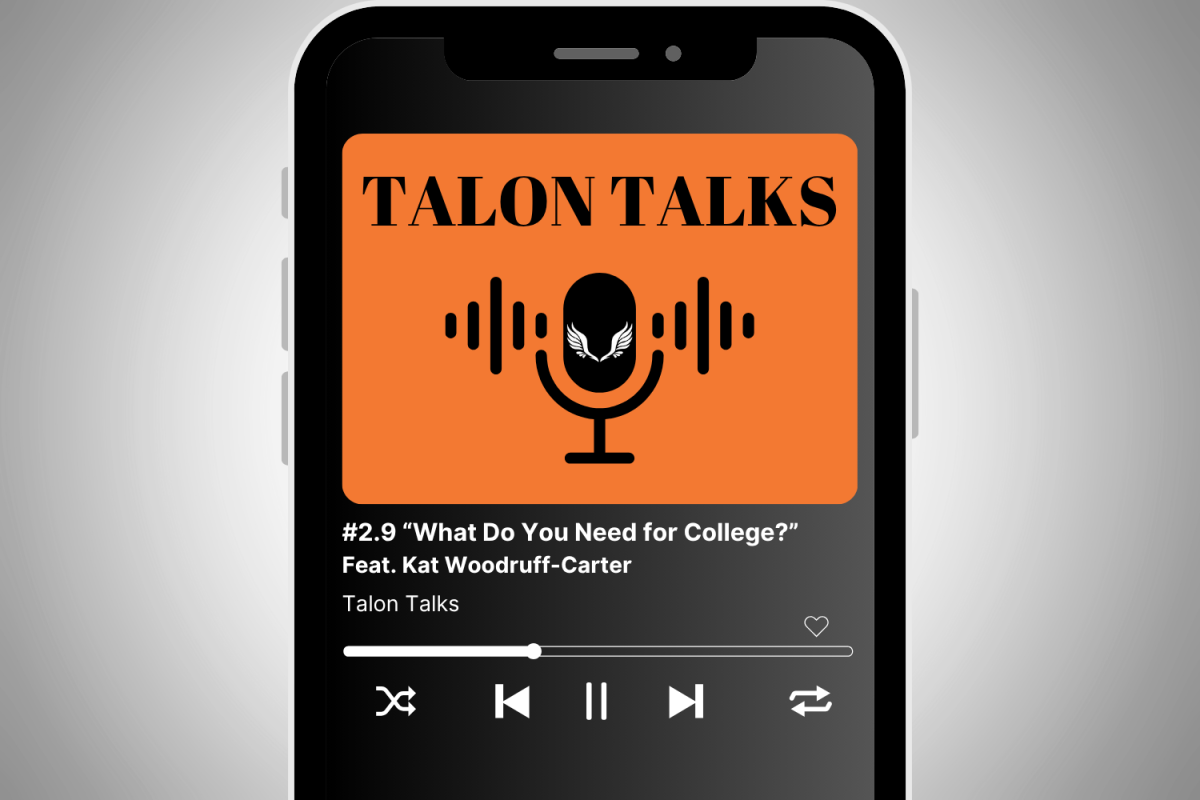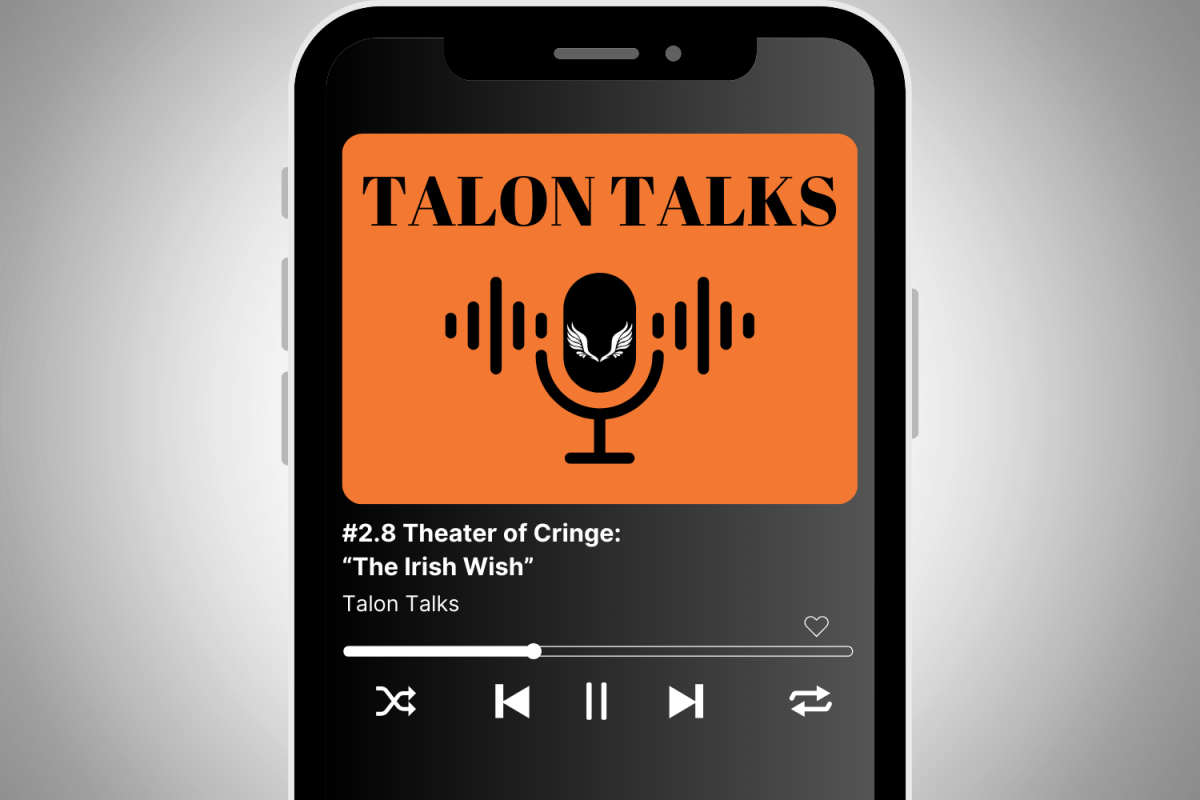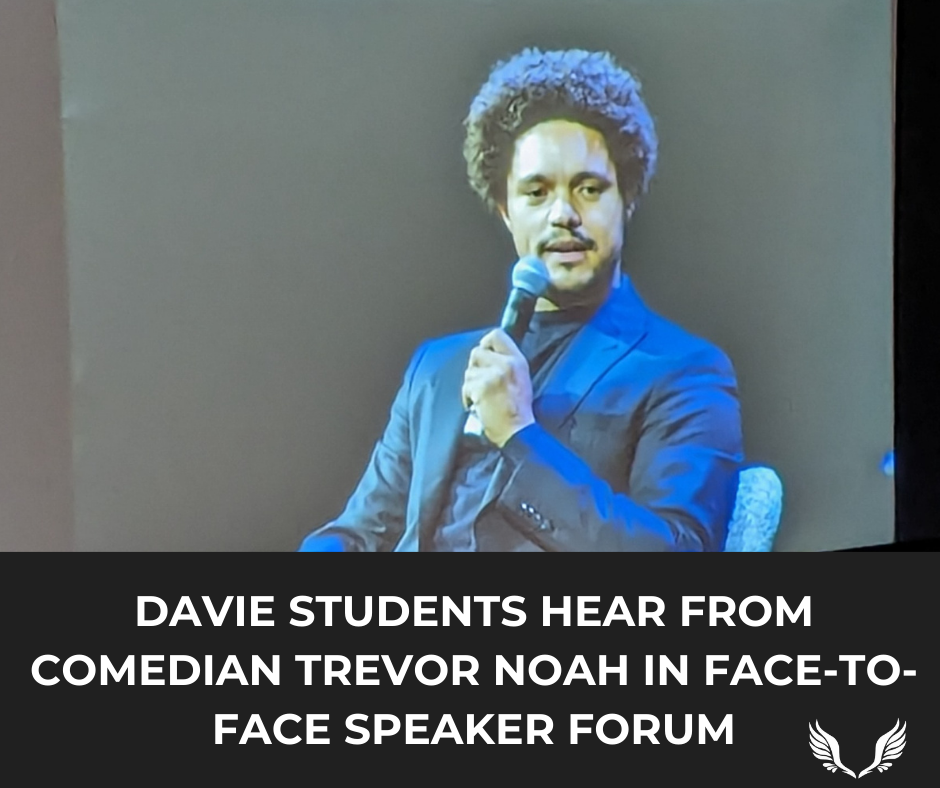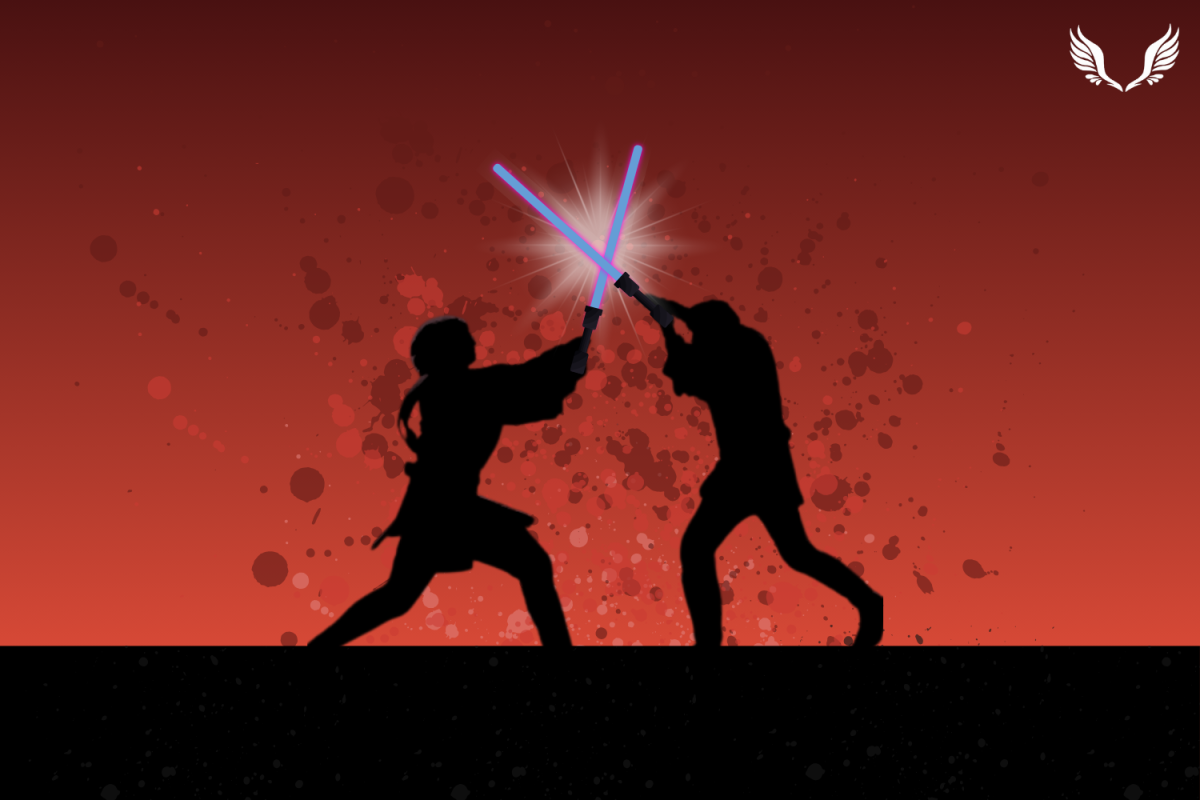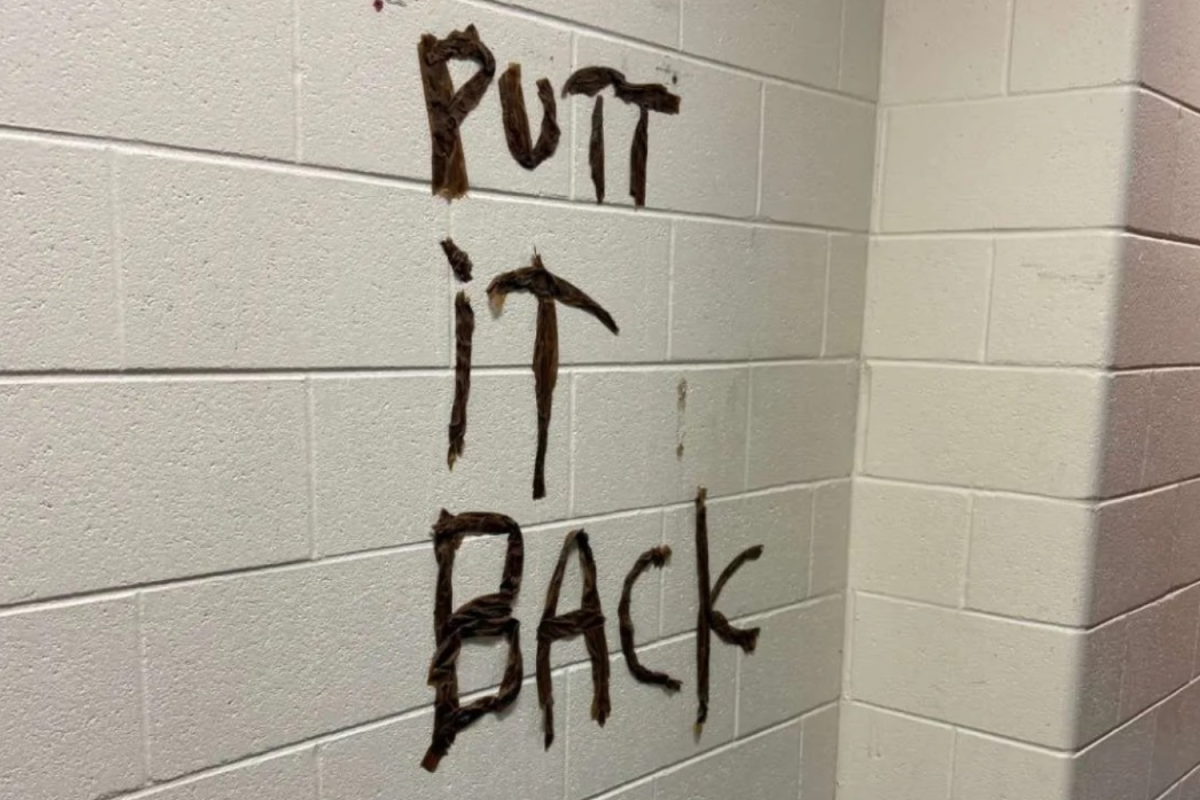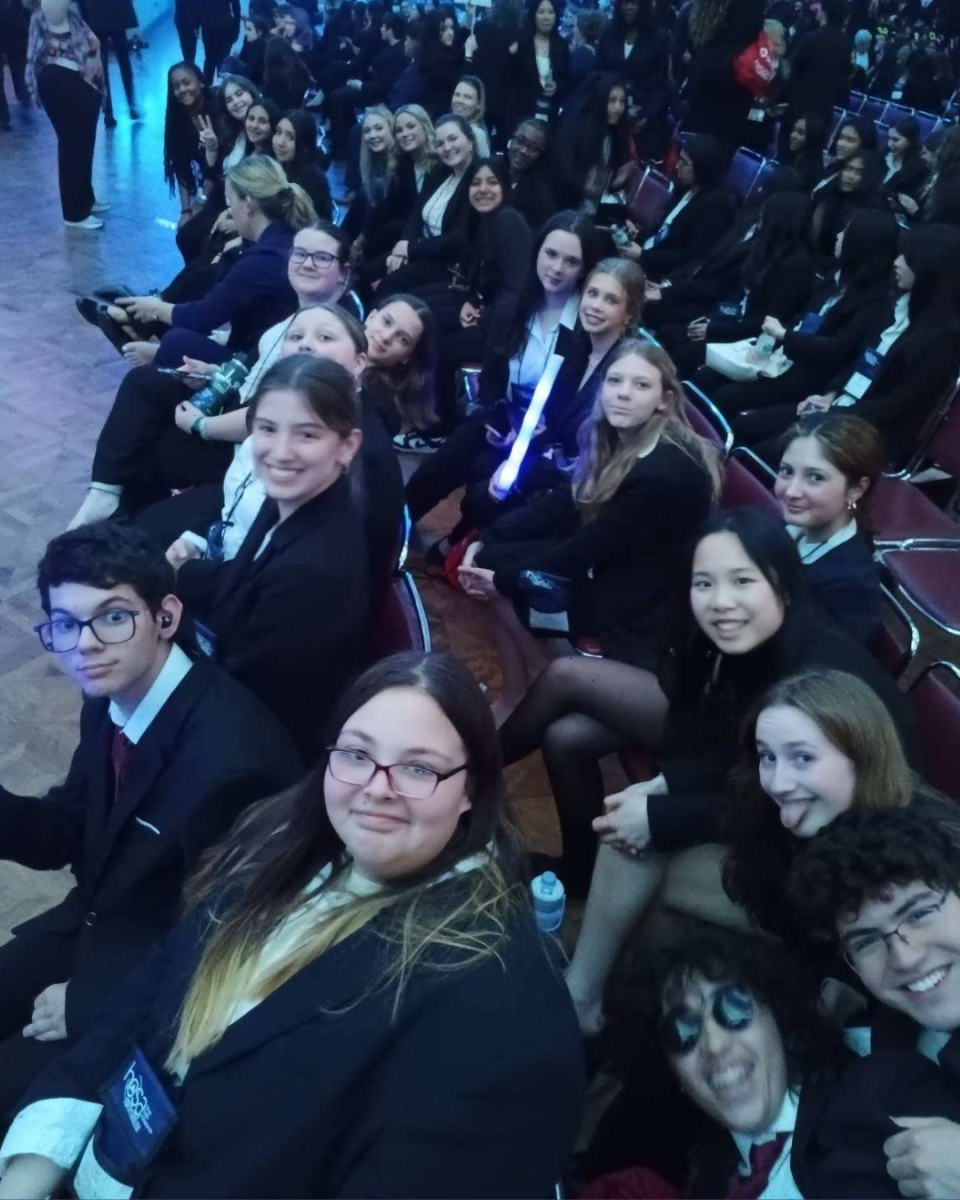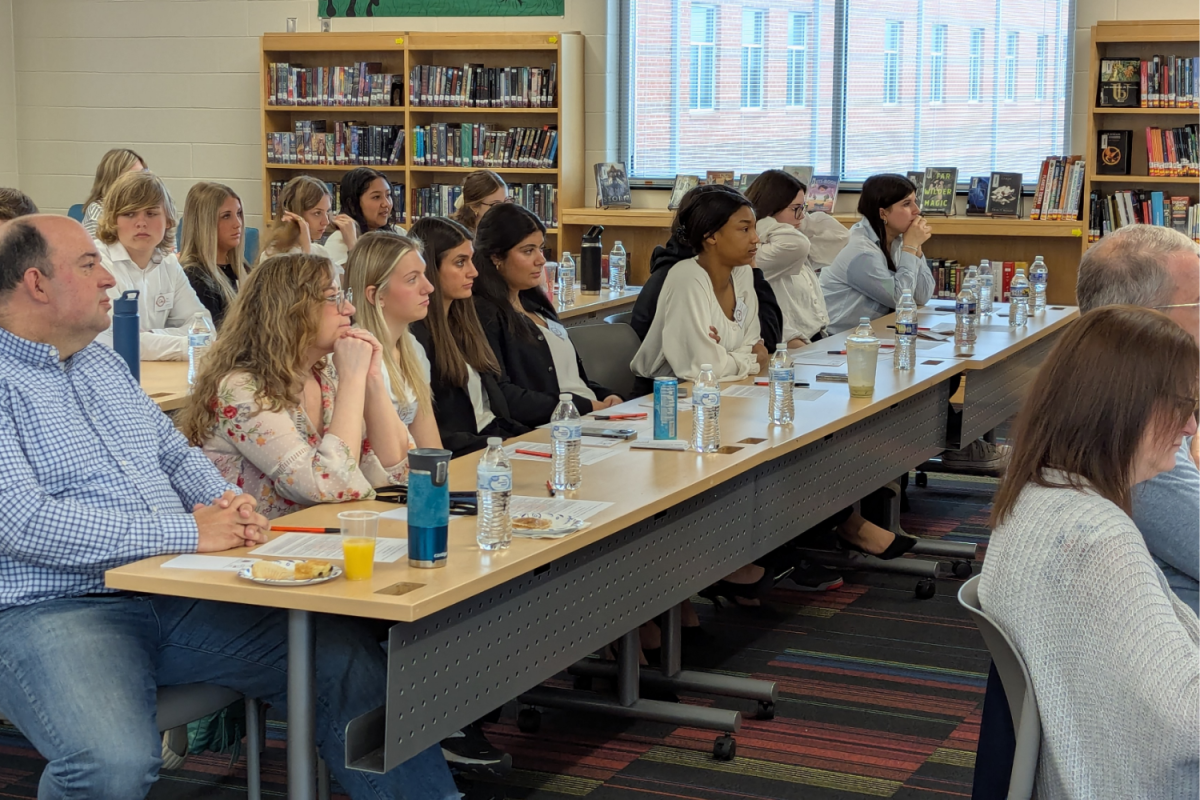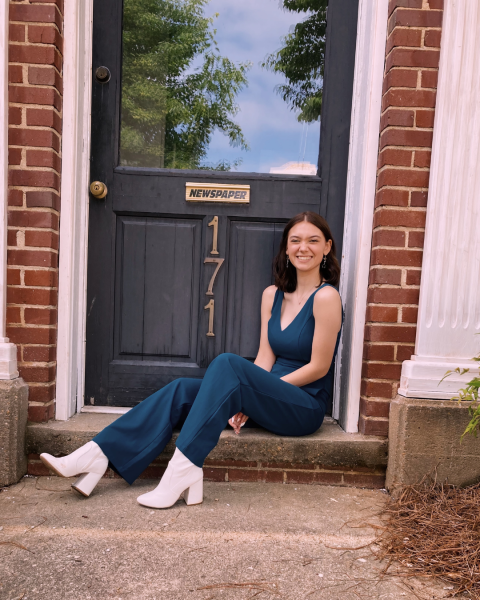By the time students have finished their sophomore year at Davie High, it is likely they will have learned a little bit more about Trevor Noah. The South African comedian and former host of “The Daily Show” is a fixture in several English II classes as his New York Times bestselling memoir, “Born a Crime,” is a favorite among the teachers in this department. So when it was announced that Wake Forest University would be rounding off Season 3 of its Face-to-Face Speaker Forum with an interview with Noah, English teacher Matt Barker and media coordinator Robyn Koontz knew they needed to find a way to get as many Davie High students to the event as possible.
The pair’s ad campaign saw them advertise the event to students prior to spring break. A list was finalized shortly after, and just under thirty students and select teachers made the trek to the LJVM Coliseum on April 30 to hear Noah in conversation as part of this forum. Many students were those who read “Born a Crime” in Barker’s English II classes.
For both the students and teachers in attendance, the event represented an opportunity to engage with an author whose work they admired and who they could relate to. Speaking of her interest in the event, senior Melissa Segovia-Hernandez cited Noah’s passion and how she has felt encouraged by his frank discussions of his culture and heritage.
“[Trevor Noah] is both entertaining and educational, which is rare to see… He is also very passionate about where he comes from and speaks about it all the time because he is so proud of where he comes from, which is a rare thing for celebrities to speak about. This passion has also inspired me to be proud of where I come from and to not be silent about it.”
Face-to-Face events take the form of interviews with the selected speaker, with the goal being to bring conversation to Wake Forest and facilitate a healthy dialogue on today’s problems. For this event, Trevor Noah was interviewed by journalist and former NPR radio host Sam Sanders. Sanders focused early in his interview on asking Noah about how he realized he was funny and how a childhood spent in church influenced the development of his comedy.
“I have never thought of myself as funny, just capable of finding out what is funny,” Noah said. “Musicians catch vibrations the same way I catch what’s funny. Adults falling was funny because adults never fall and fall for so long.”
Noah grew up under the apartheid regime in South Africa, where white people and Black people were segregated from each other, much like in the Jim Crow South. As part of this separation, the mixing of races was not allowed, including having a relationship. Noah’s mother is Black, and his father is white, so when he was young, his mother always made excuses about his light skin, saying he stayed inside too much. Later on, his mother would walk around with a light-skinned woman, completely unaware that his mom was tricking the system. Sanders asked, “How do you think this experience made you a better comedian?” Noah responded, “It instilled in me that there’s more than one way to be.”
In an interview with WFMY before the event, Sanders noted that he hoped his evening with Trevor Noah would allow him to ask the comedian to weigh in on American politics and how it has changed in the years since he began living in this country. As Noah stated during the event, though, he never considered himself to be political before “The Daily Show.” In fact, Noah thought America was too political. In Africa, politics is a surface-level conversation, but in America, it often leads to arguments.
“What do we hope to achieve when talking about politics?” and answers his question to relieve tension. When there is tension, there is more of a reason to talk about politics. “It’s not easy, but the easier thing isn’t always the best thing in the long run.”
Noah doesn’t believe that he could fix American politics, but he believes that America fails in discussing these kinds of topics by placing too much emphasis on a person’s affiliation before the issue. Mentioning someone is a Republican or Democrat before mentioning the issue they’re discussing, he argues, begs the question, “Do you like labels, or do you like humanity?” Noah speaks of when he was younger, “We all believed we could change the world until we accepted our reality.”
During this part of the presentation, a pro-Palestine protester interrupted the event, demanding Noah account for where he stood on the conflict. Noah responded by asking the protester to “talk to [him] like a human and put the phone down.” In his response, Noah further emphasized that all conversations do not need to be solely by celebrities but by politicians, taxpayers, and people around the US. Noah left this protester with the message, “How can we engage in a conversation if we can’t start the conversation?”
Noah talked about how people are stuck in this cycle of “It’s never been worse than this,” when in reality, the world has never been in a better place when it comes to infant mortality and the lowest rates of poverty. Our access to knowledge has risen, and people shouldn’t be complacent because times are better but should keep pushing while noticing the progress we have made. “Politics is progress, not an end game.”
When it comes to this influx of new knowledge, Noah believes it is necessary to look at social media addiction and the people who make social media. “Tech people don’t allow social media at their events. Why?” Noah inquires. “Our intention doesn’t always match our goal but can lead us in different directions. Social media content creators are people trying to engage us the most. It’s why they show extremes. Instagram is the most harmful thing for young girls; we have to ask why we allow it.”
Noah wished to leave his audience with the advice of doing two things better. The first is to limit time spent on social media. Noah allows himself to spend five minutes on Instagram and ten minutes on Twitter. Only three people have the screen time code, so he has to go to them in an emergency. This prevents him from doom-scrolling. The other is to always consider the possibility that you are wrong or that it is not about you. Noah wants everyone to constantly ask themselves, “What if this is not about me?” He stated, “You’re a human being. I’m a human being. What if this is not about me?”

